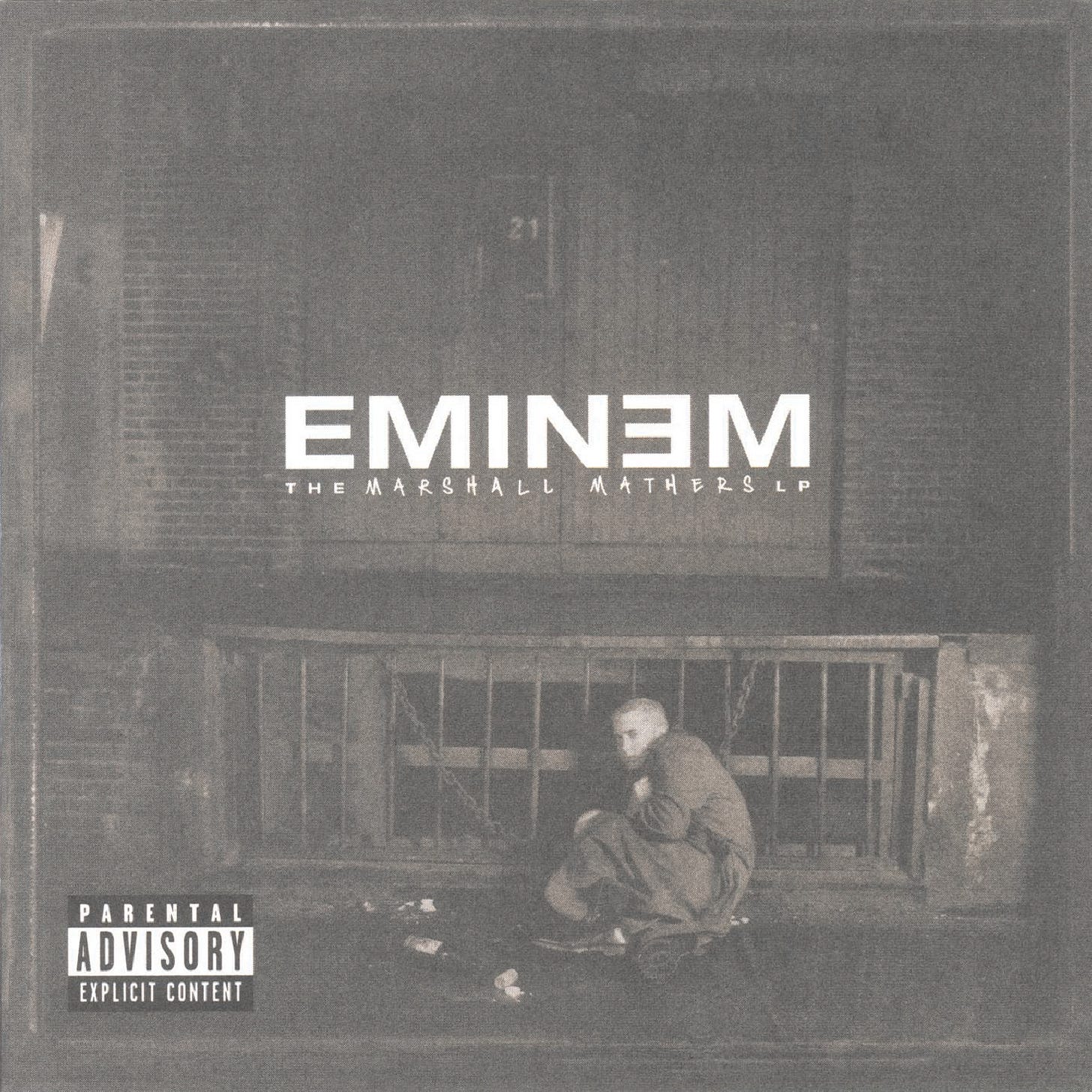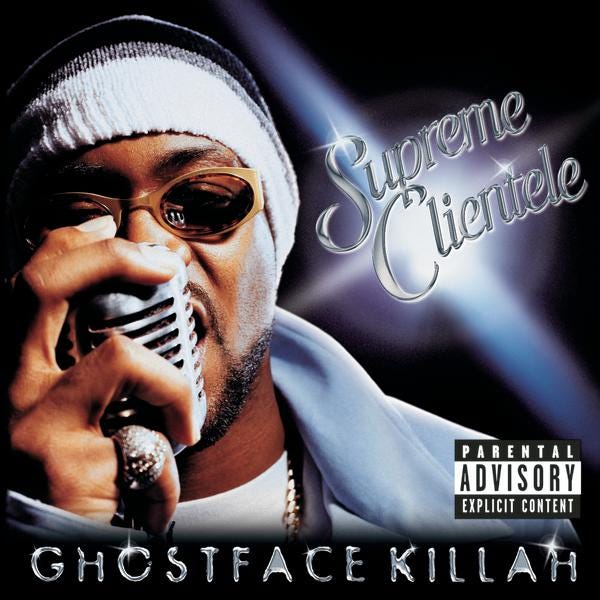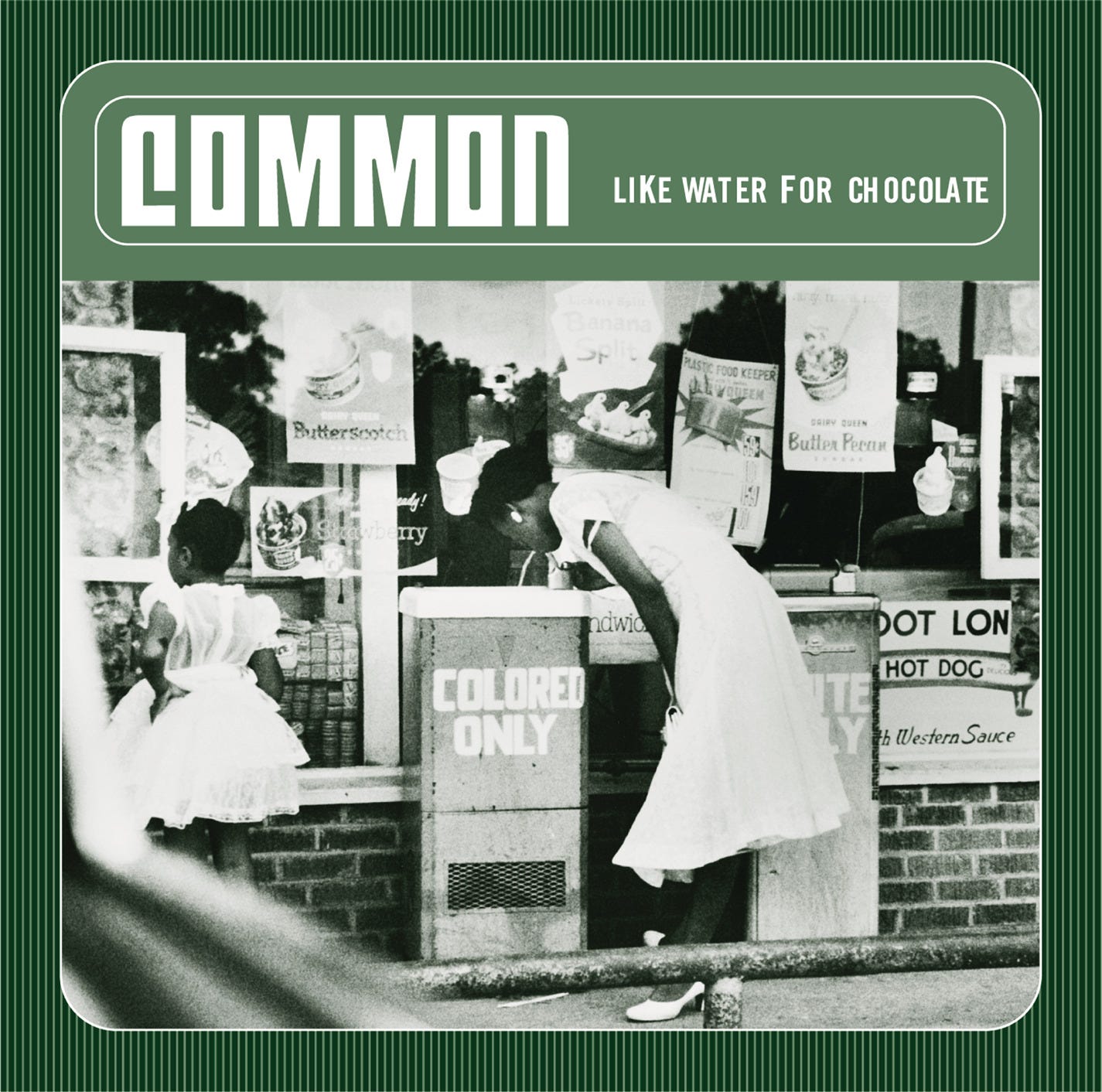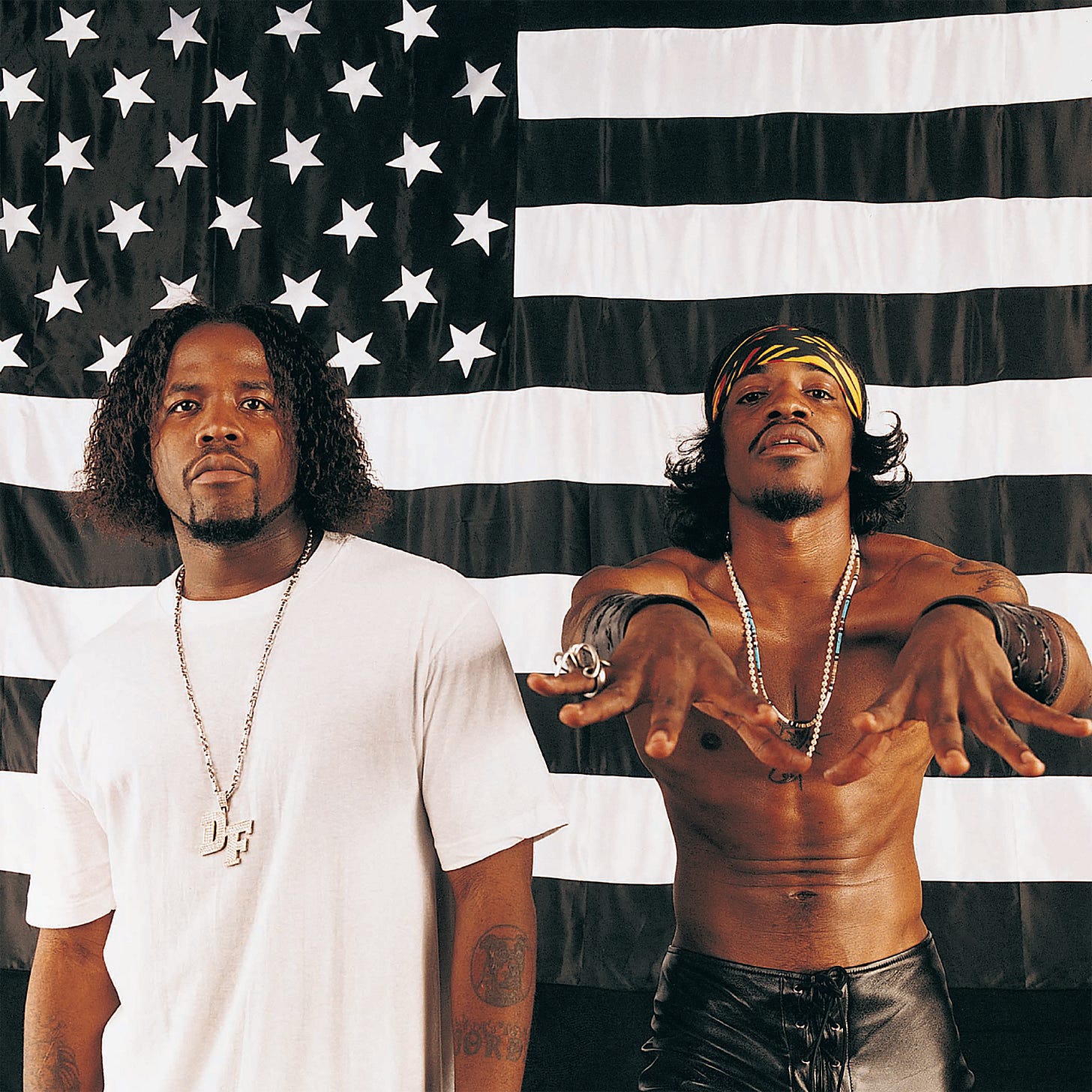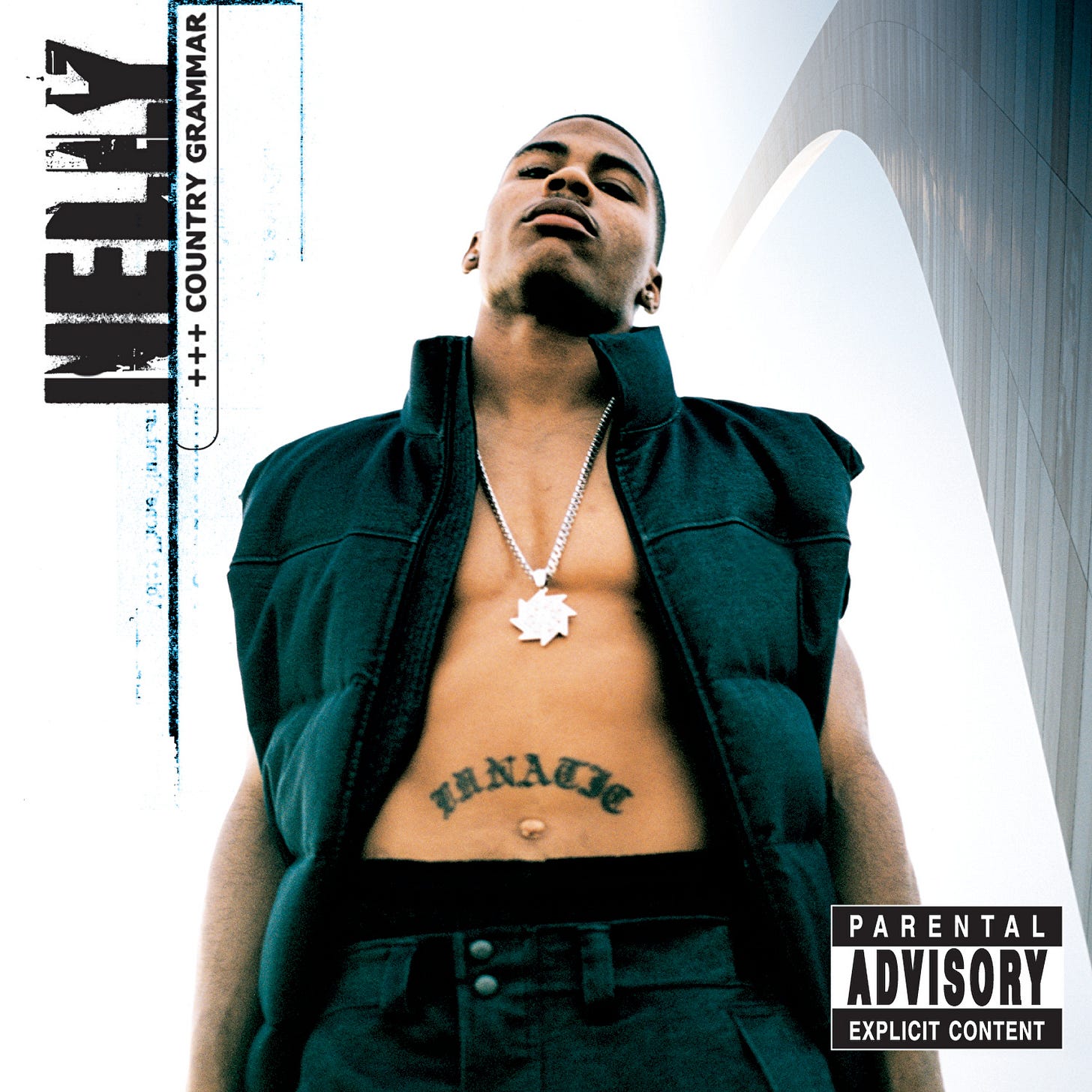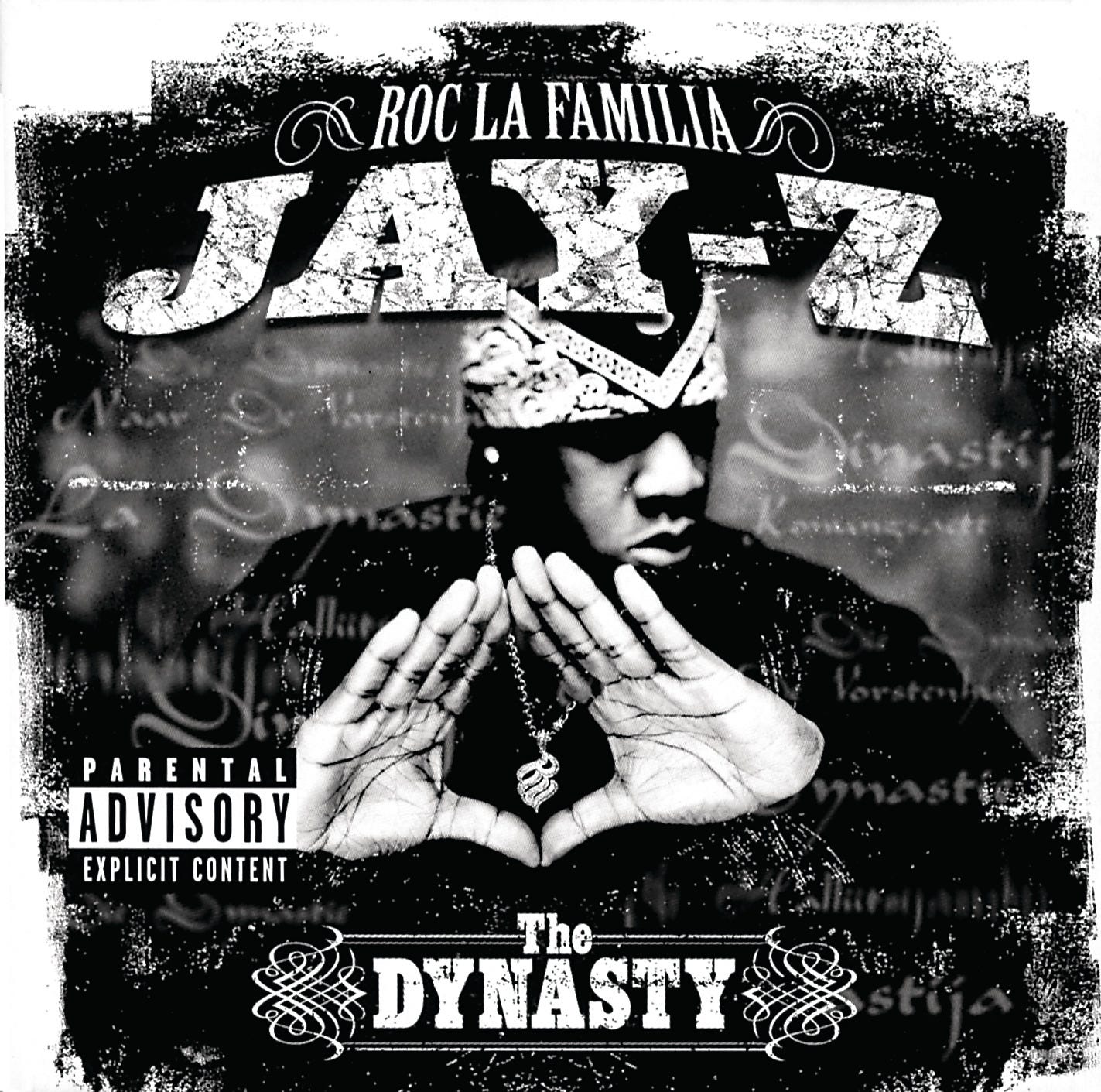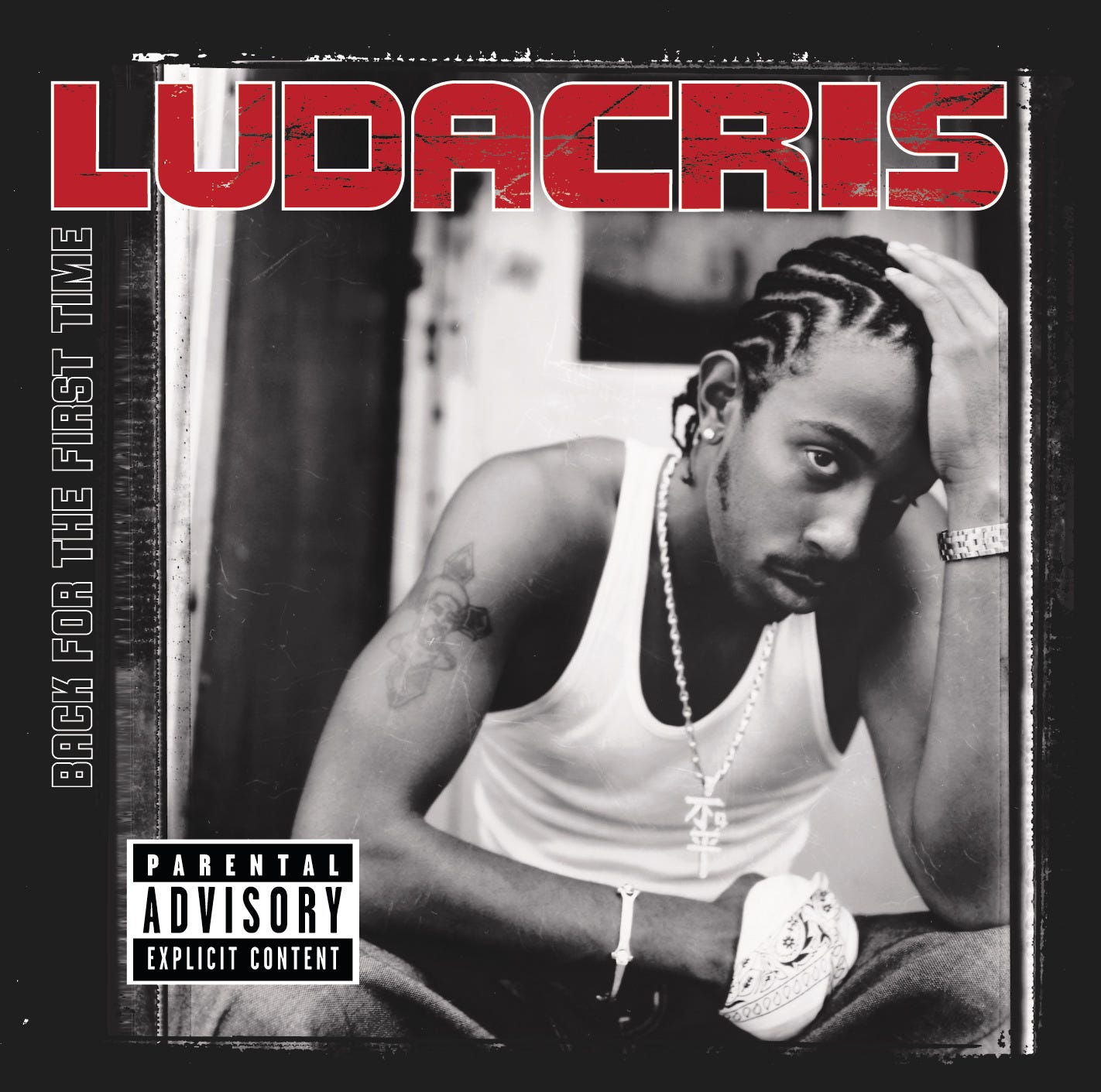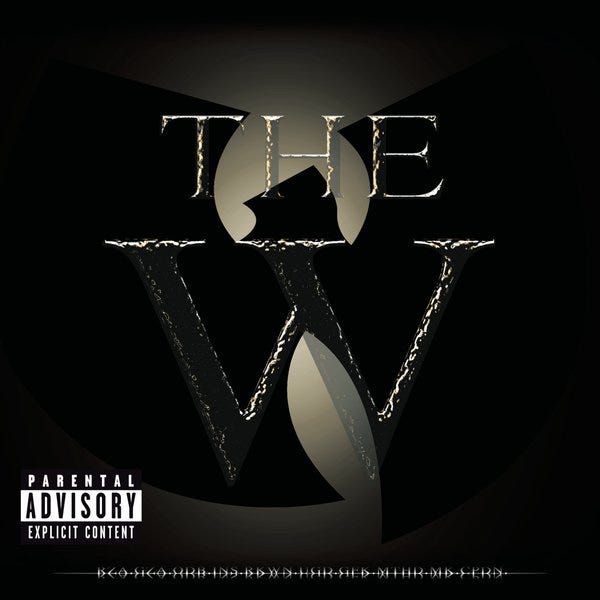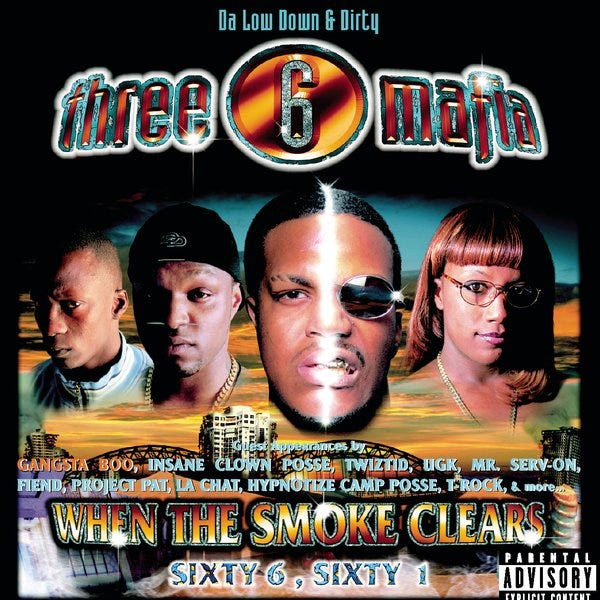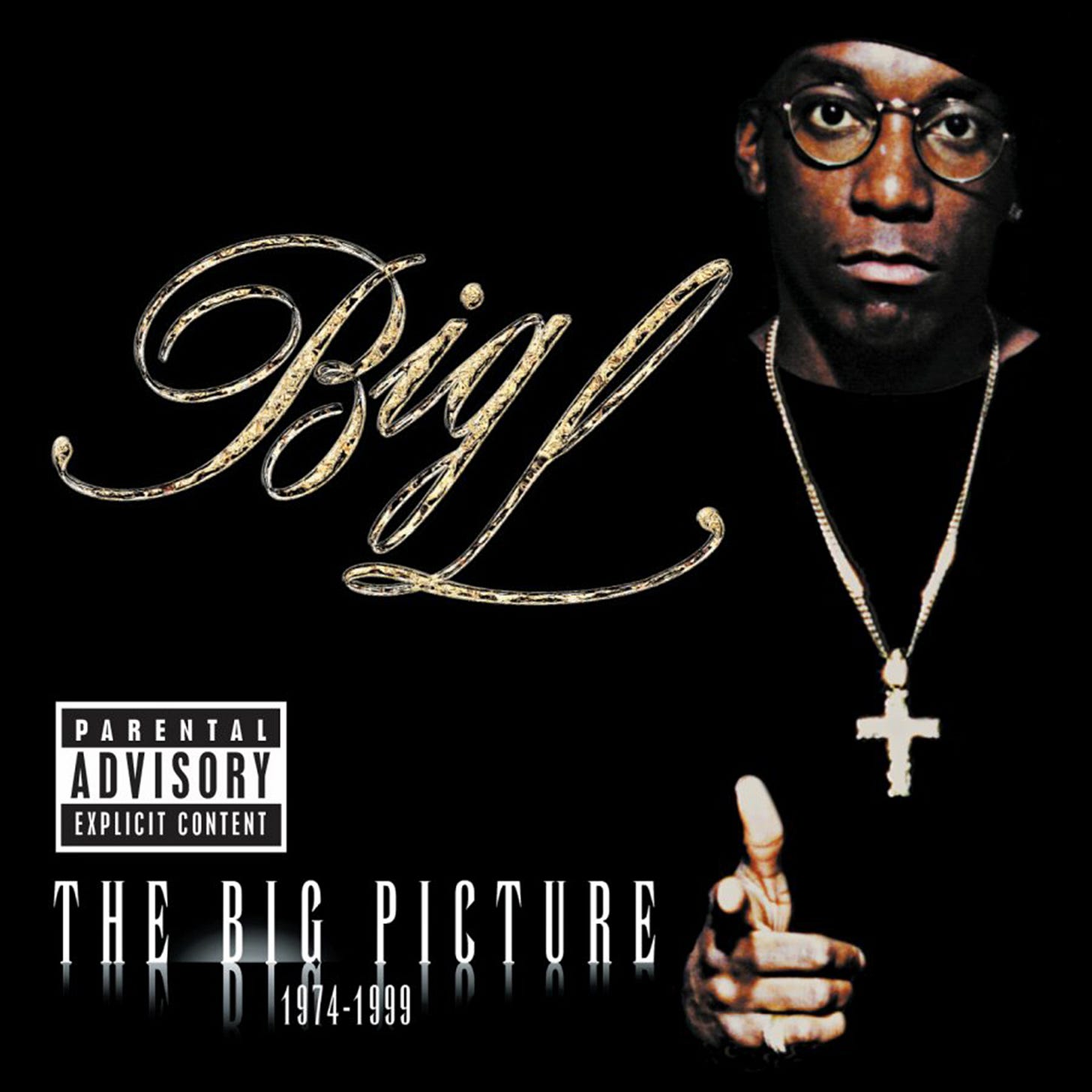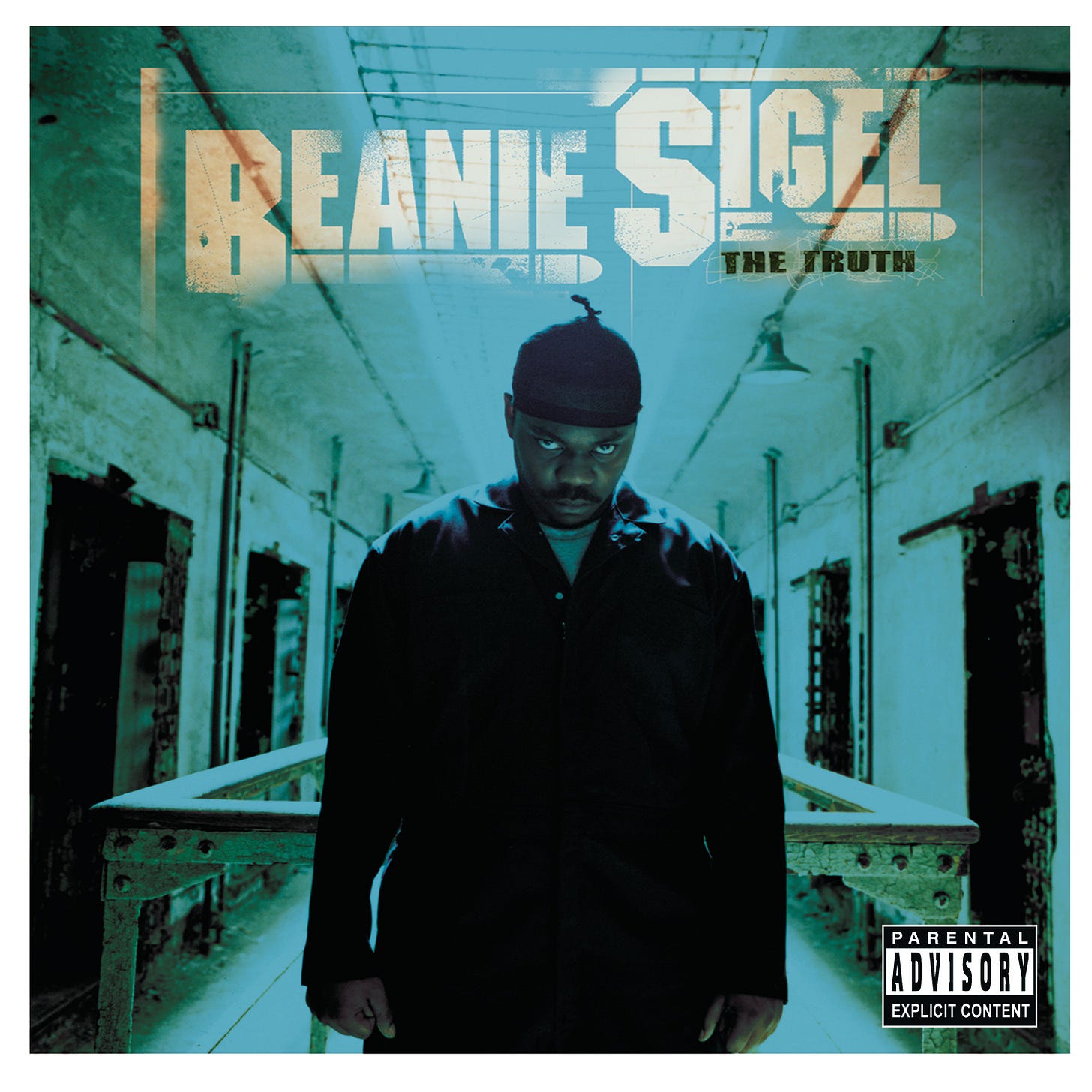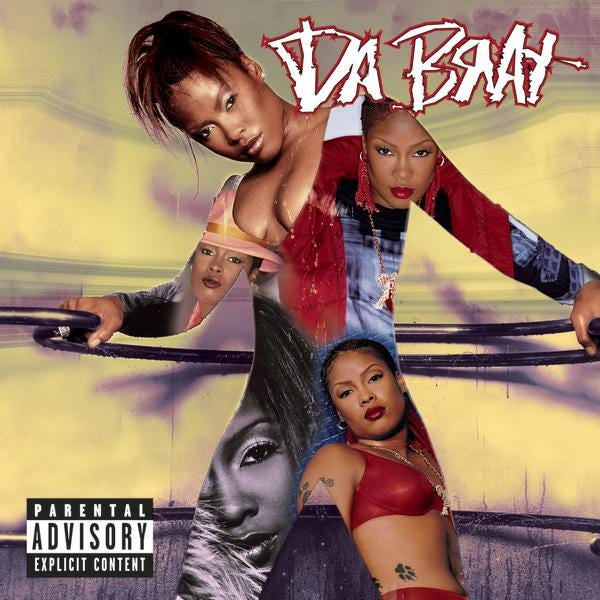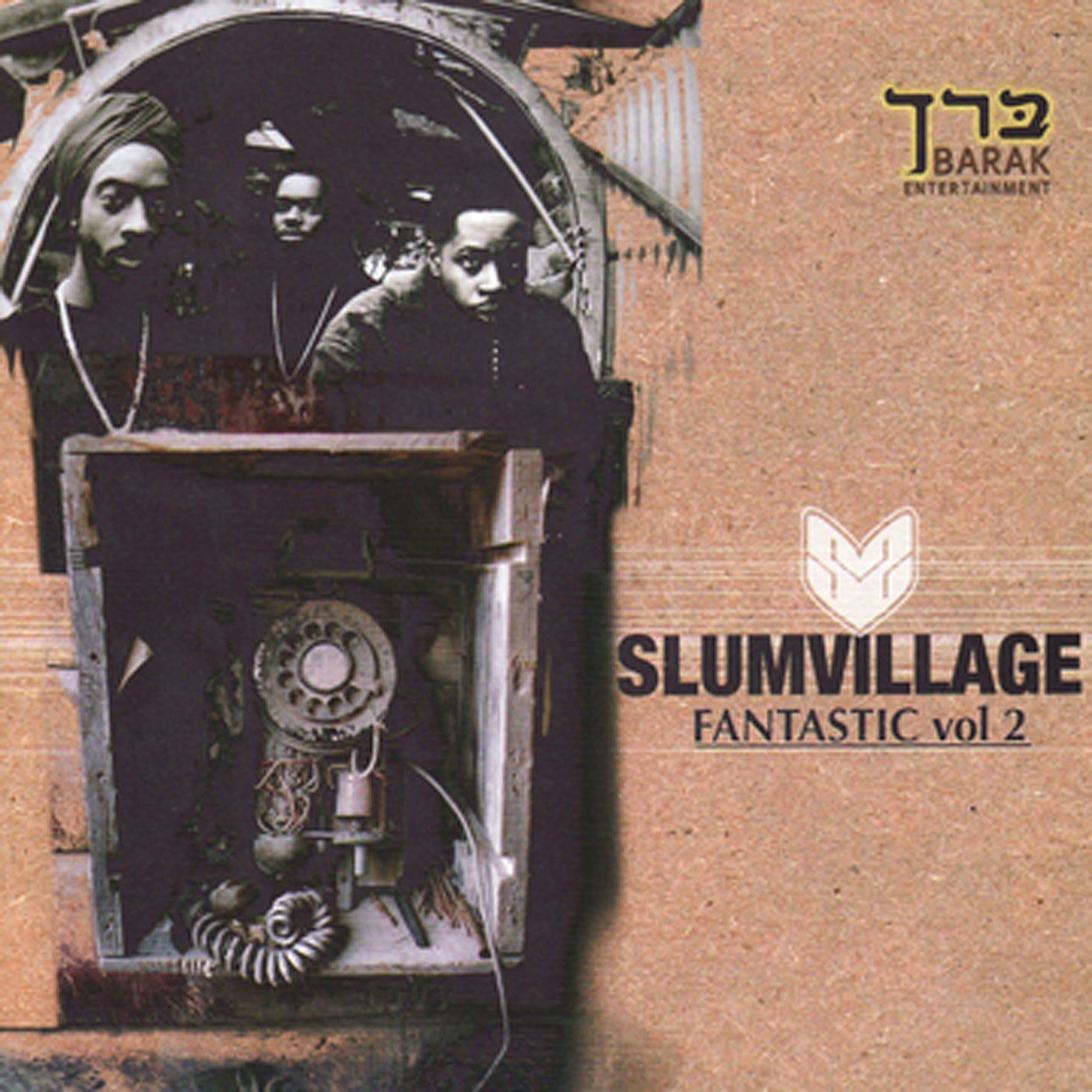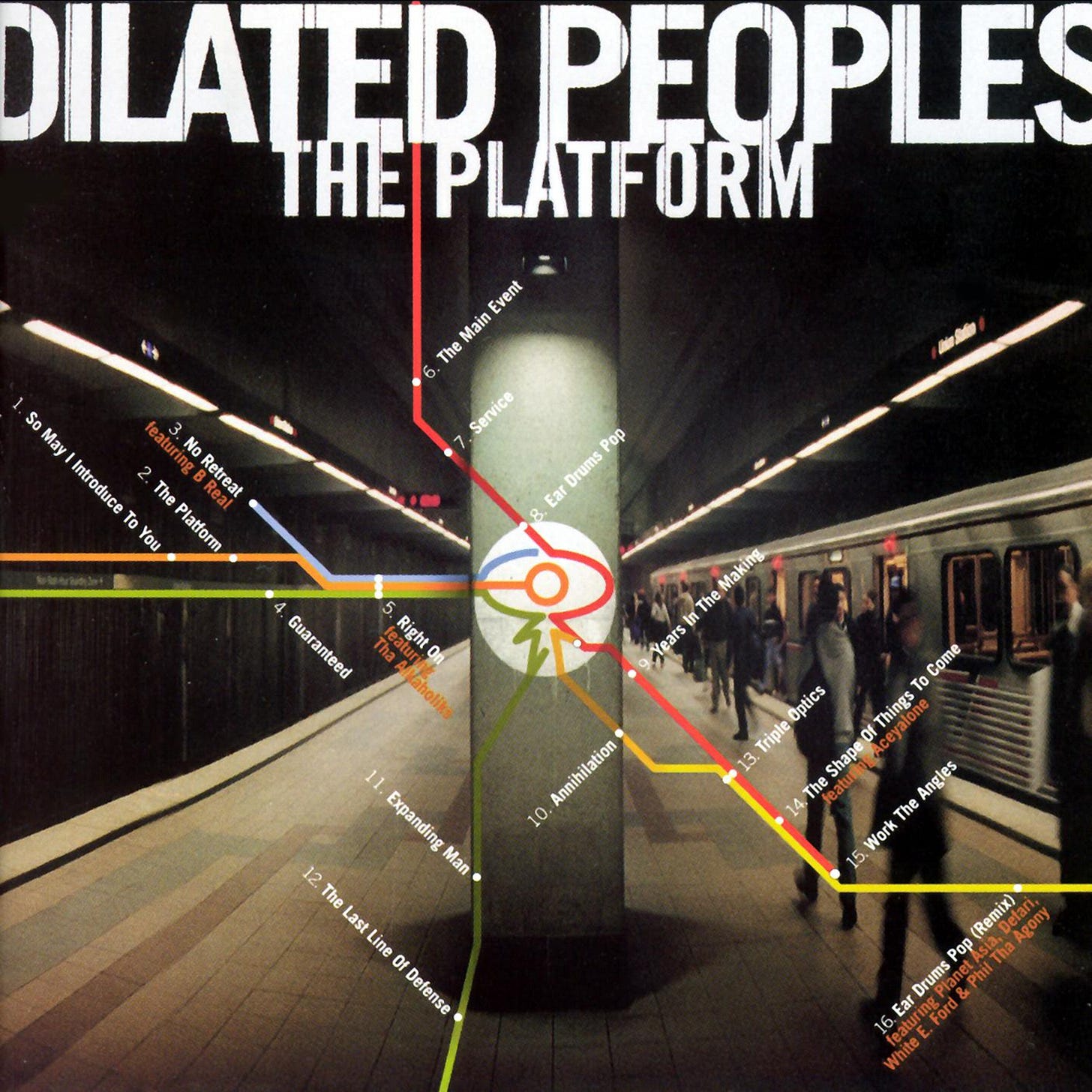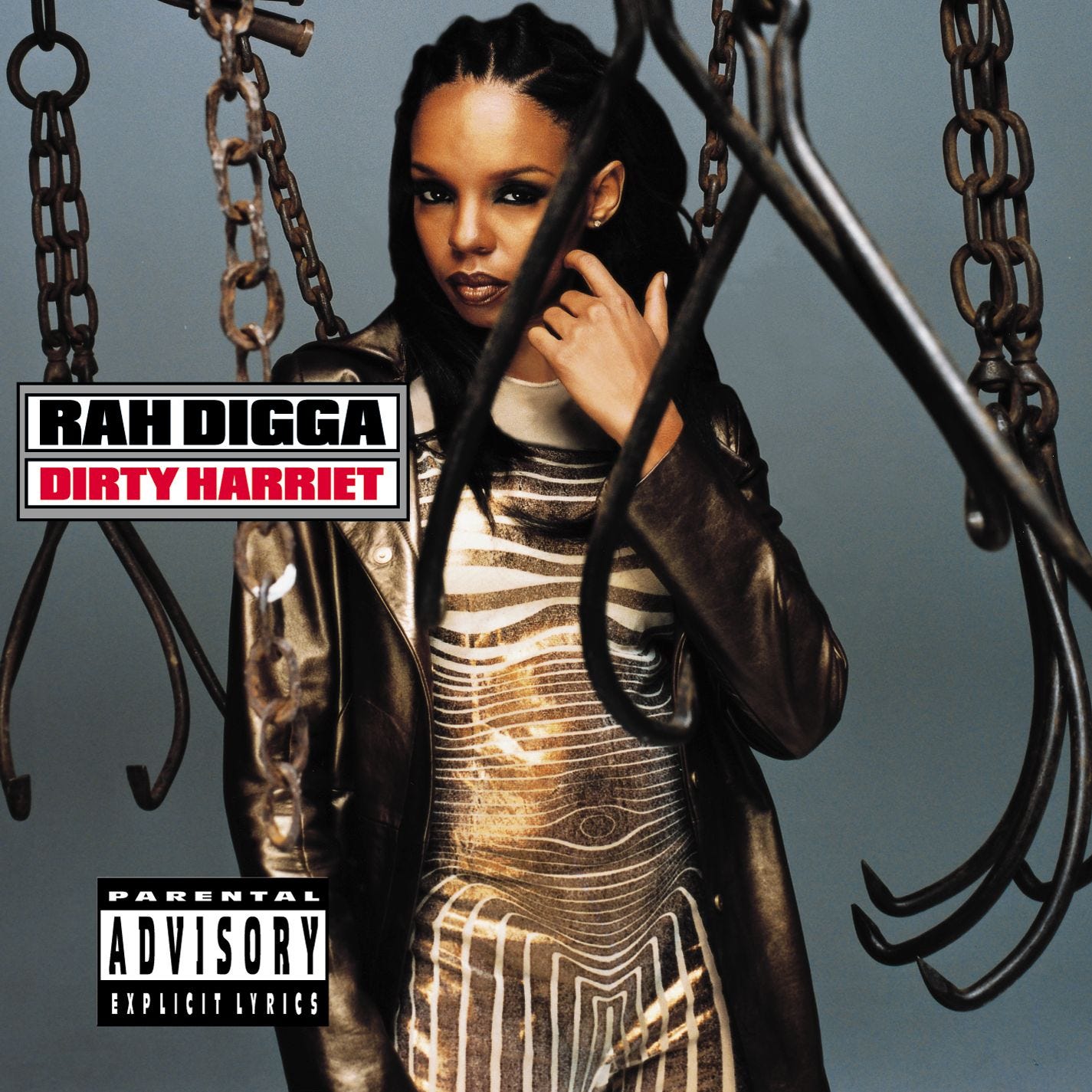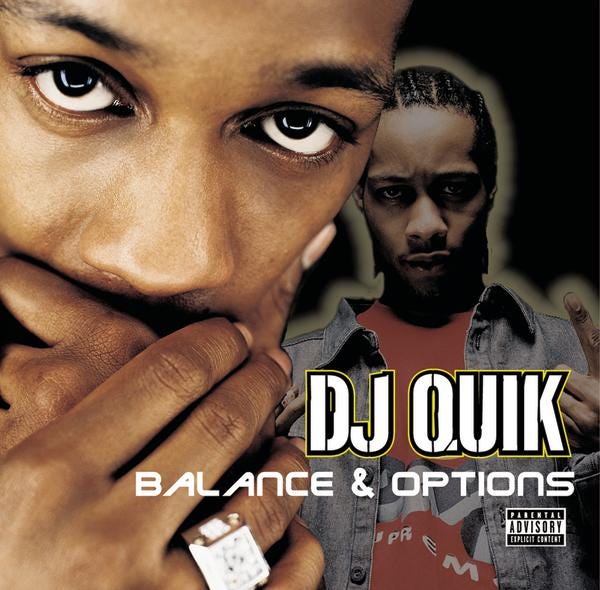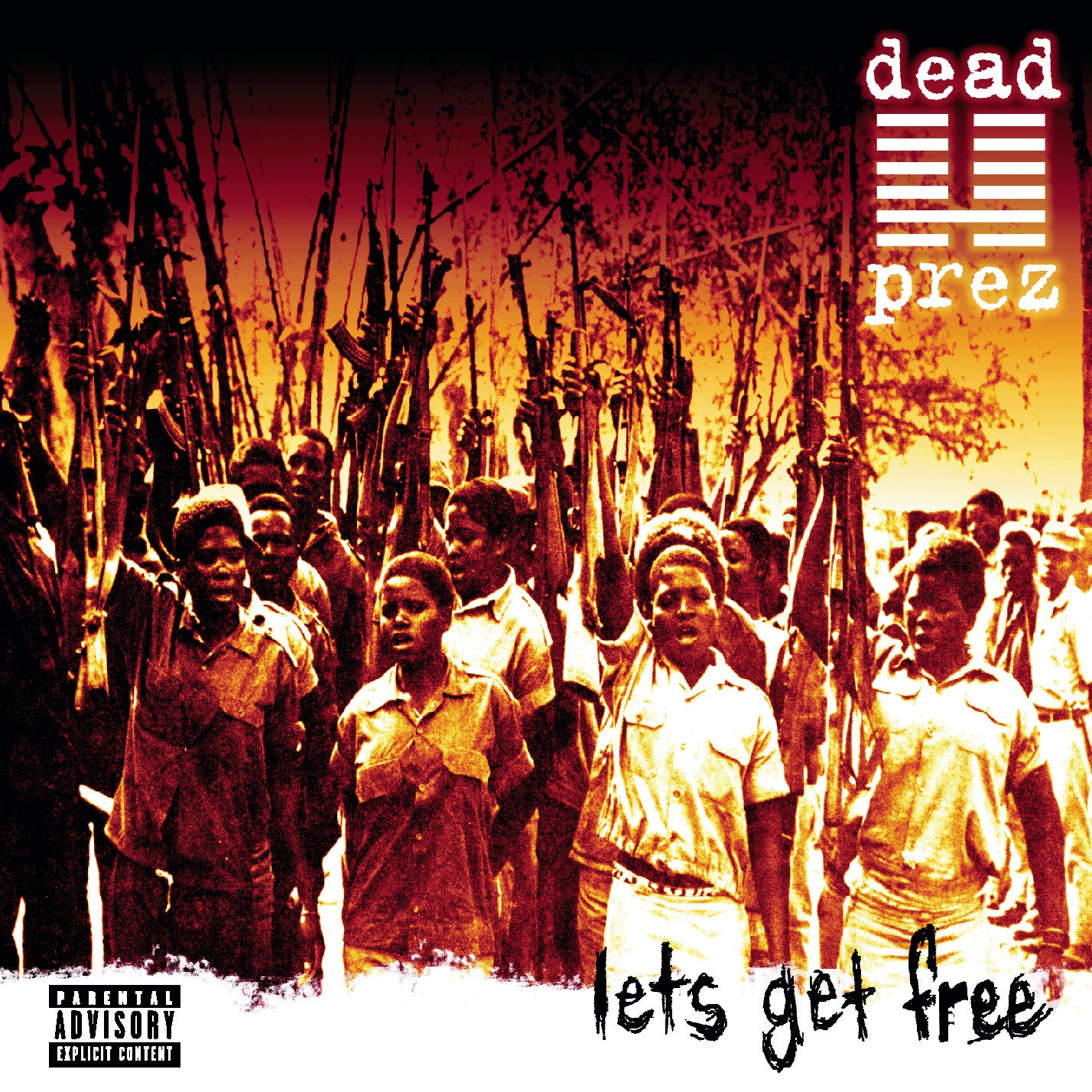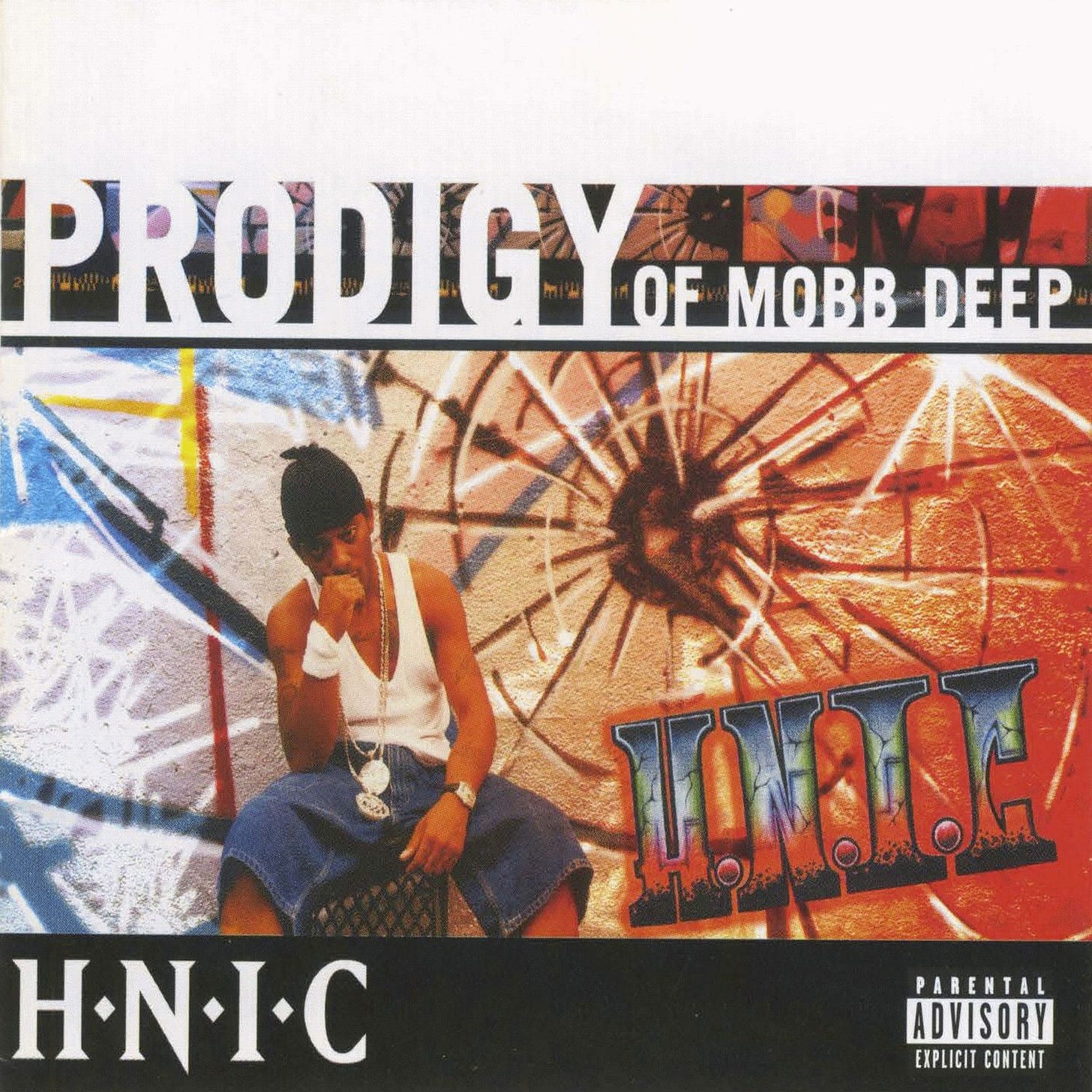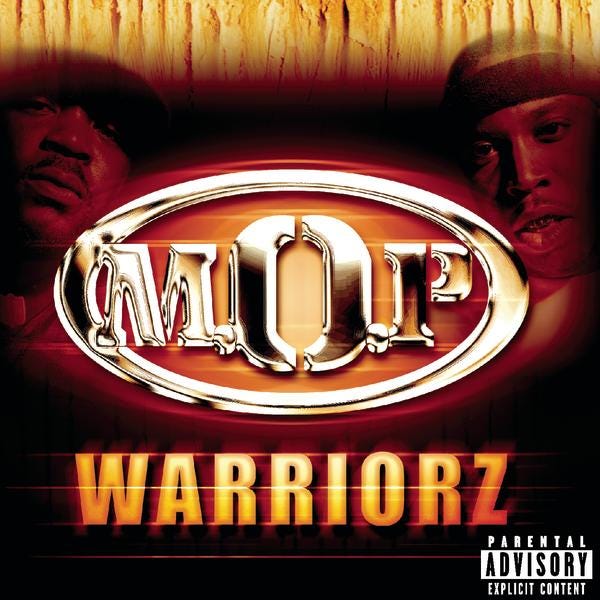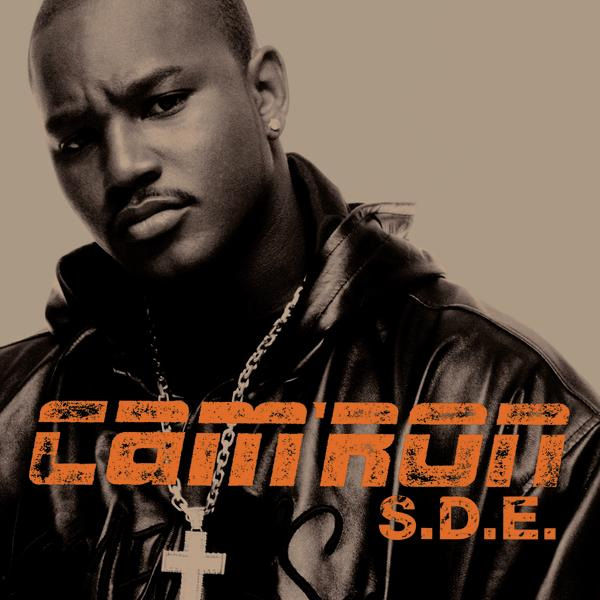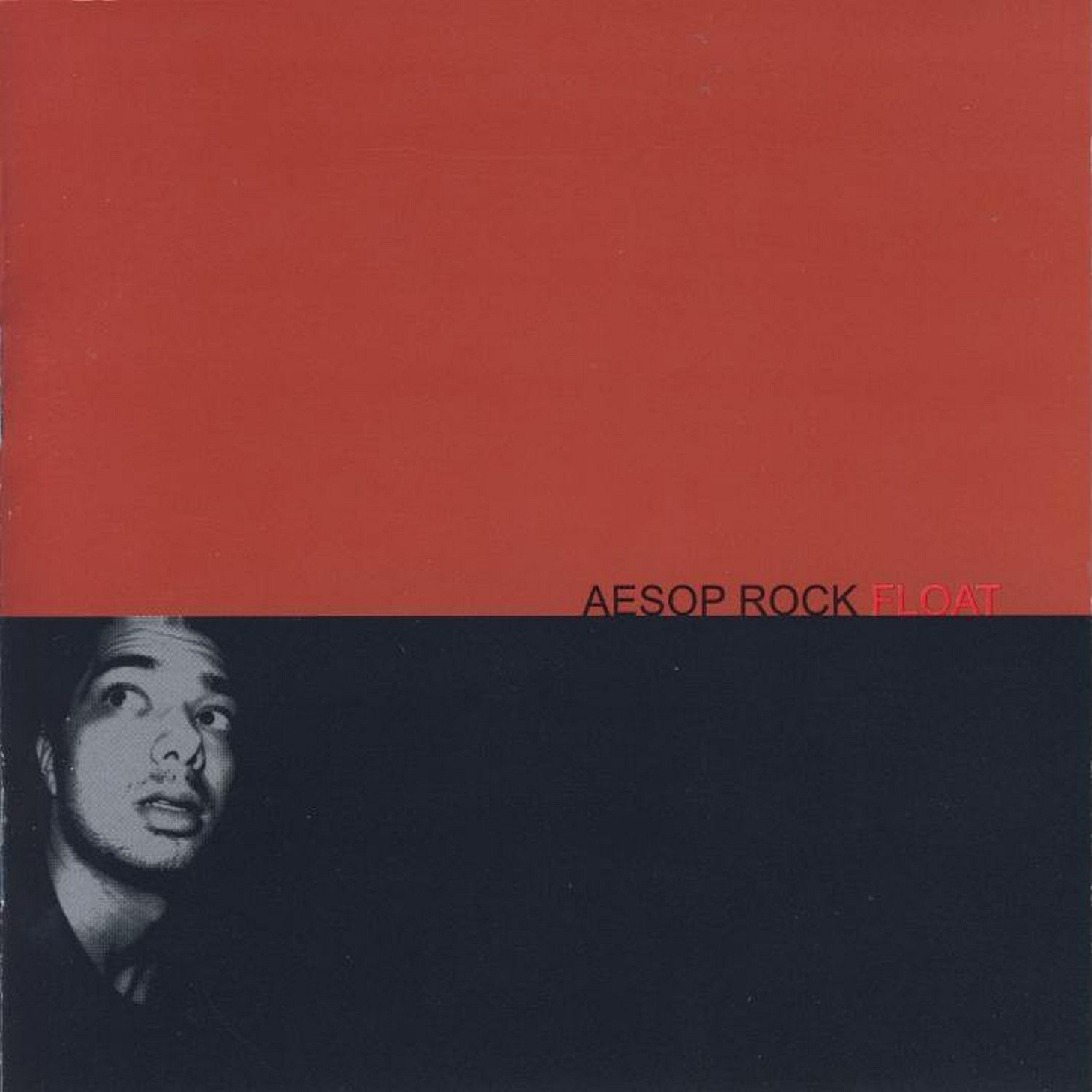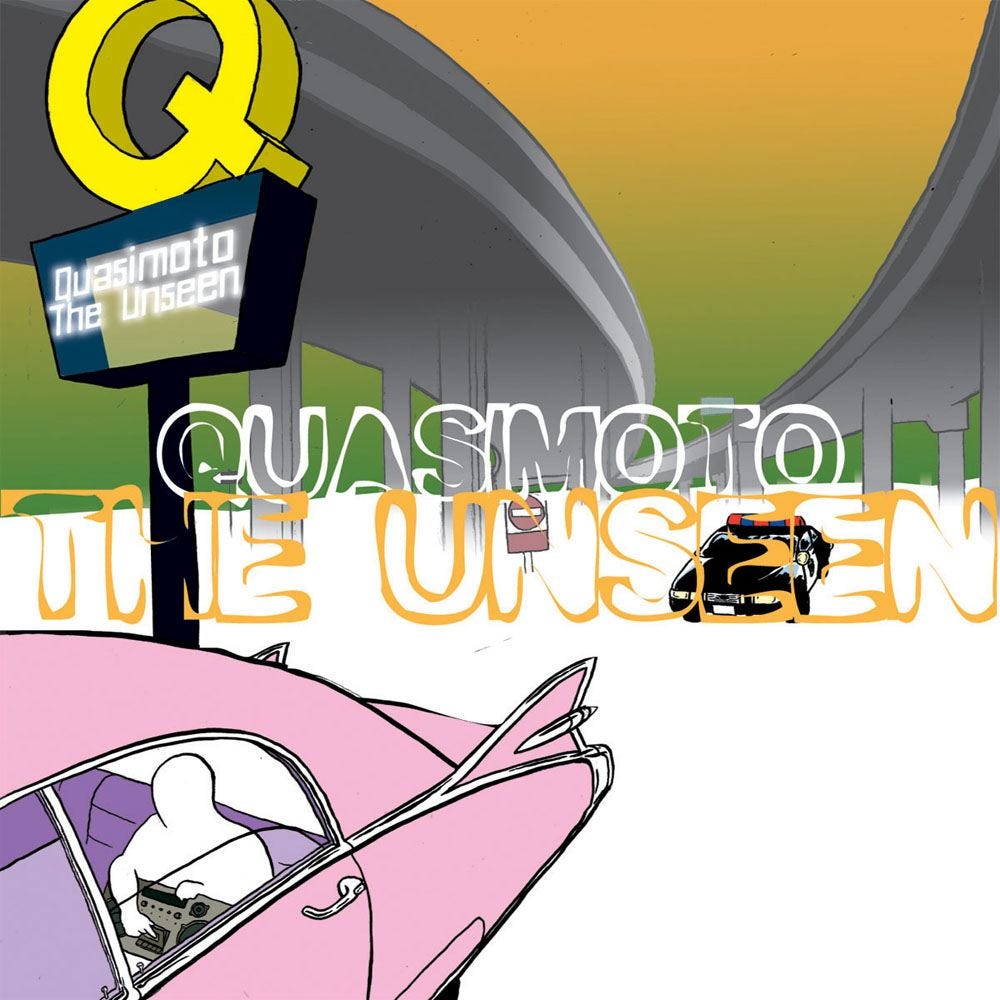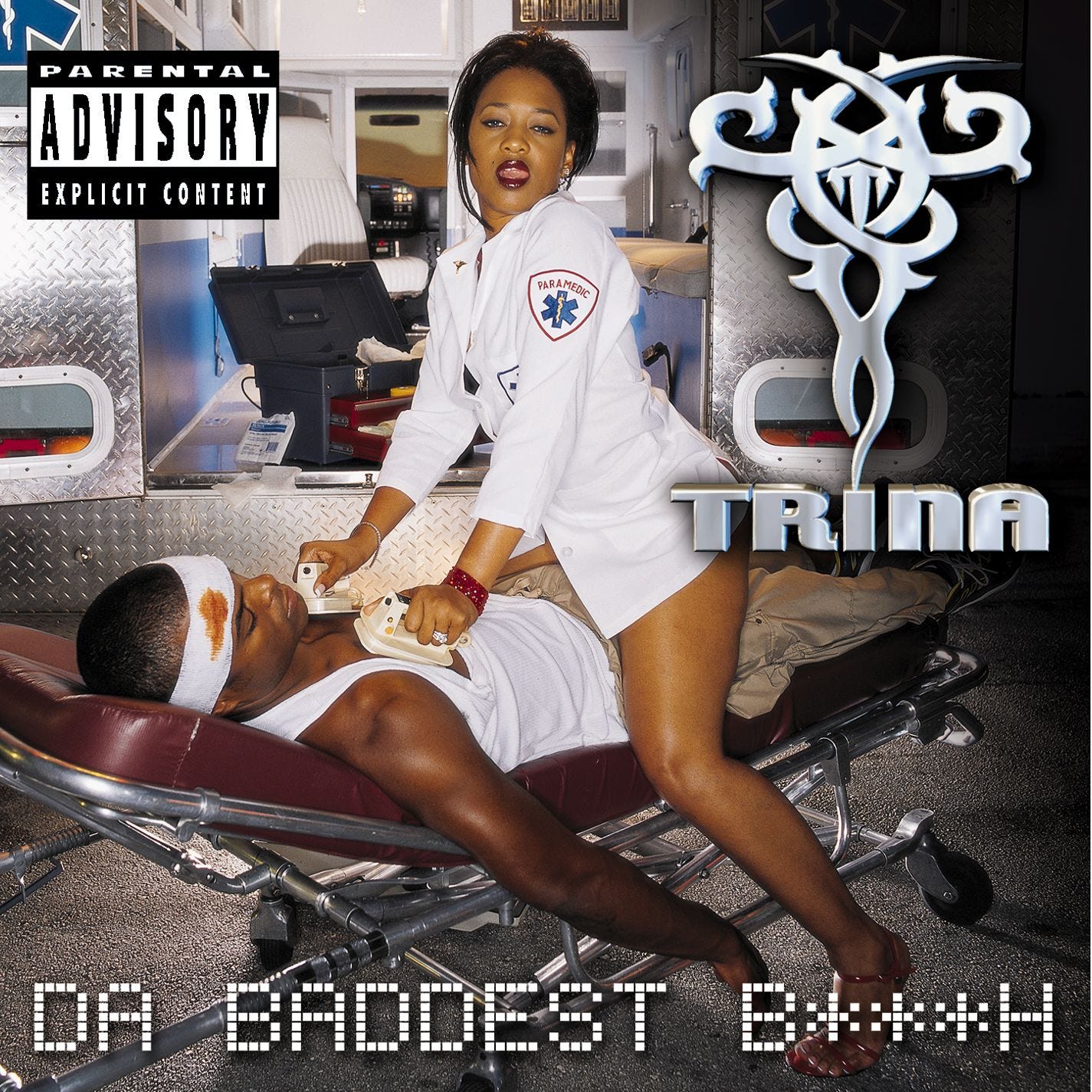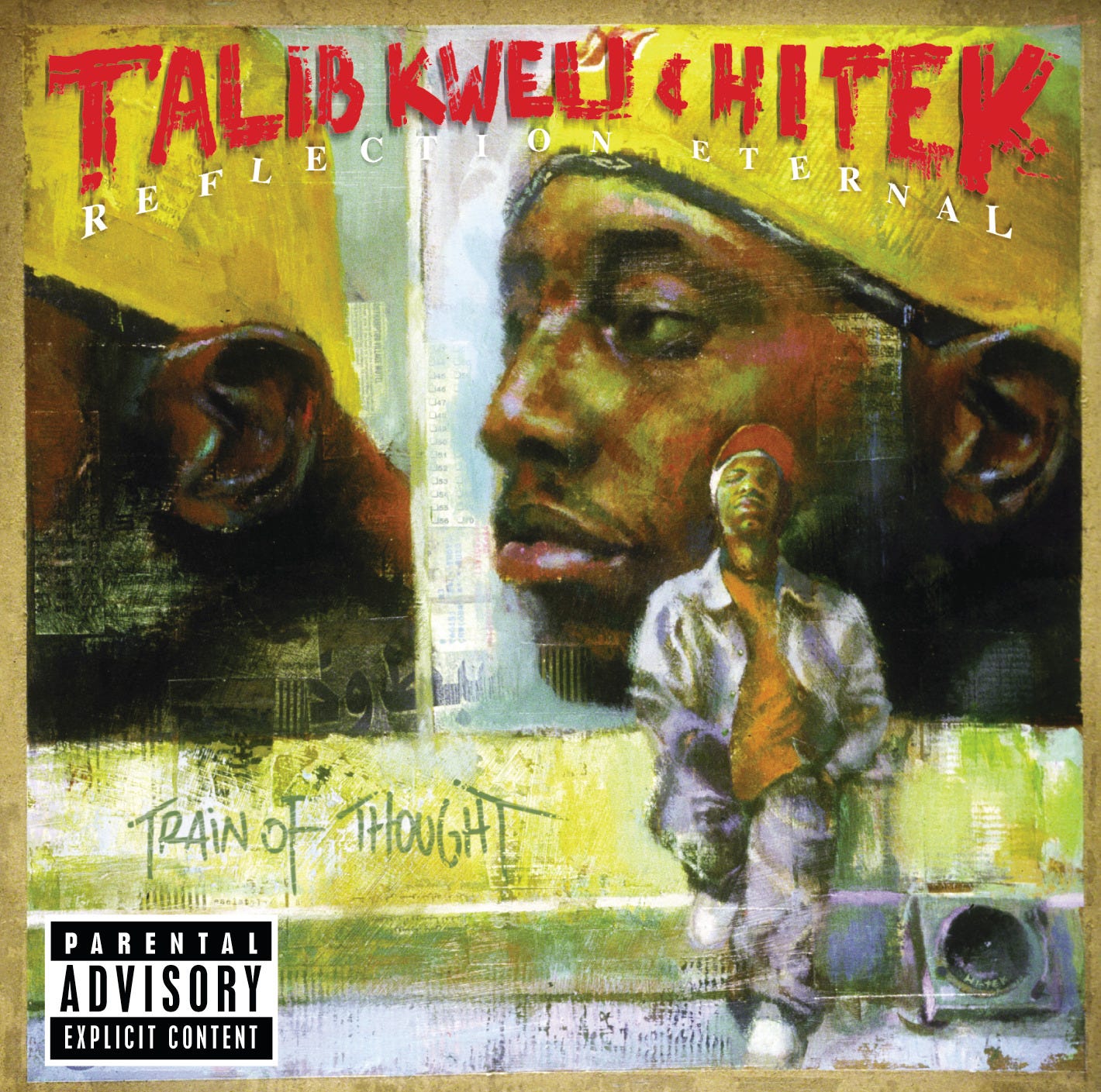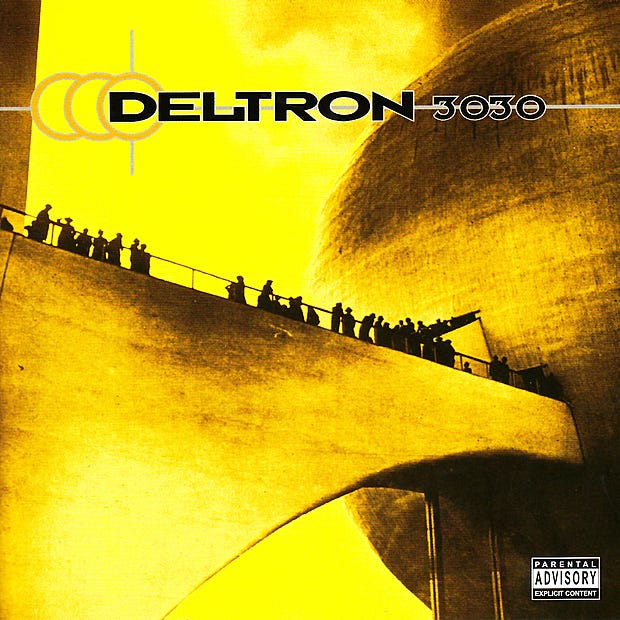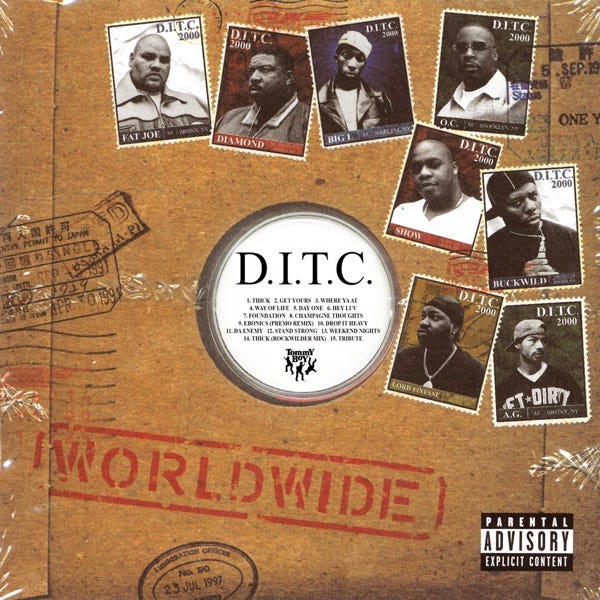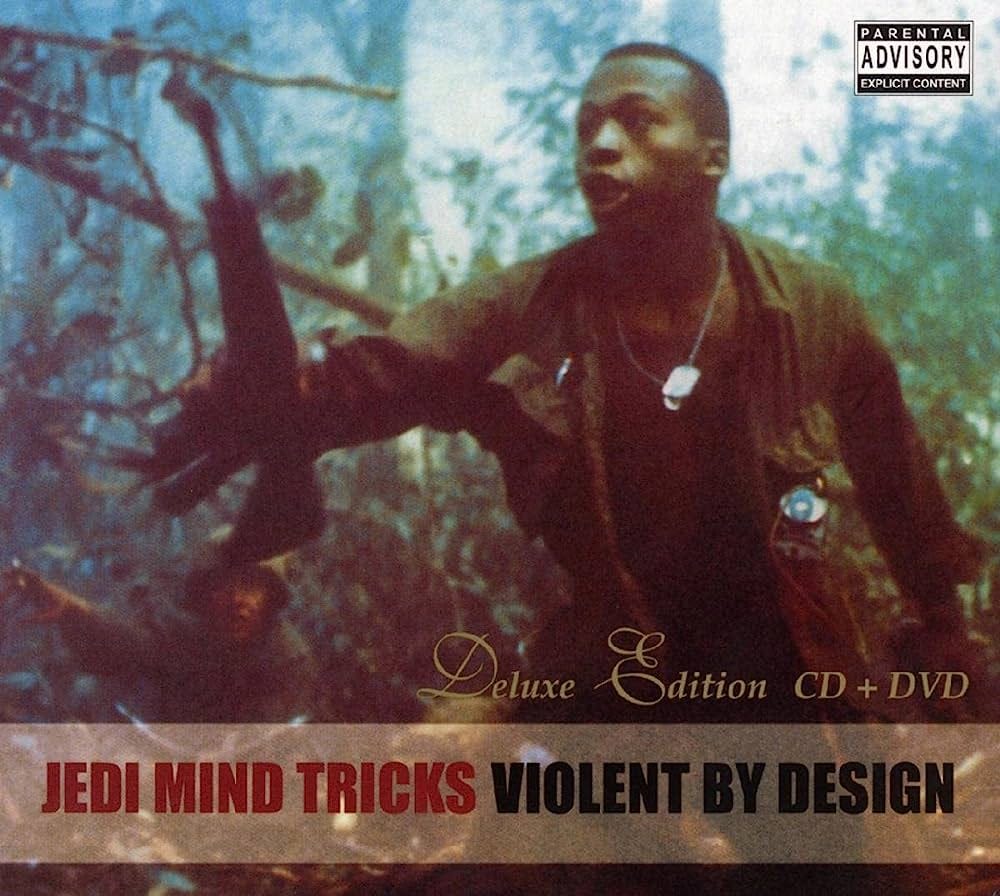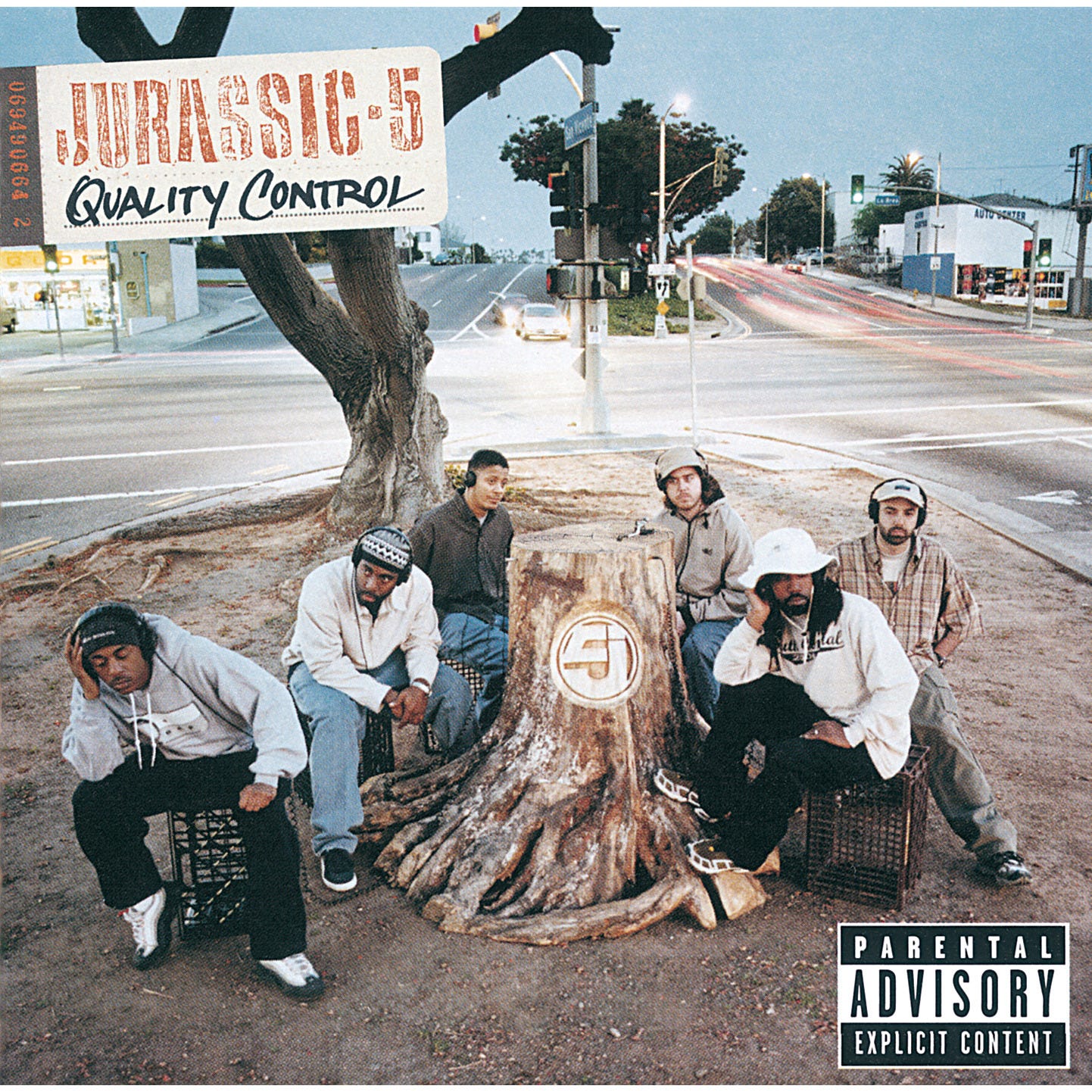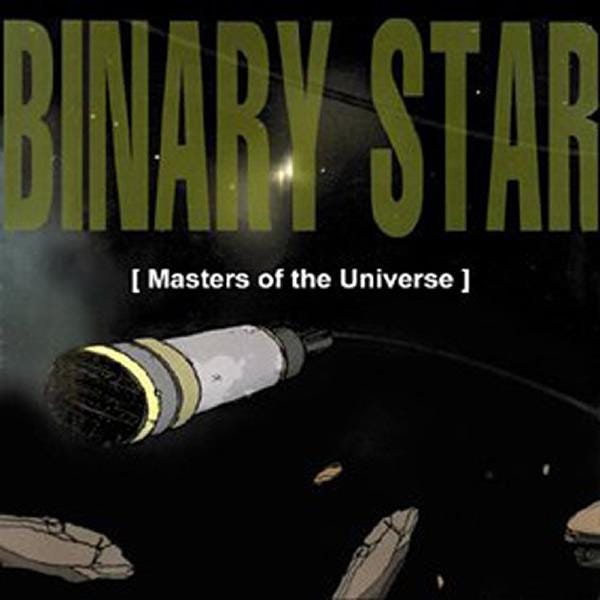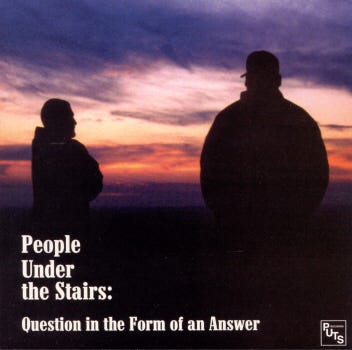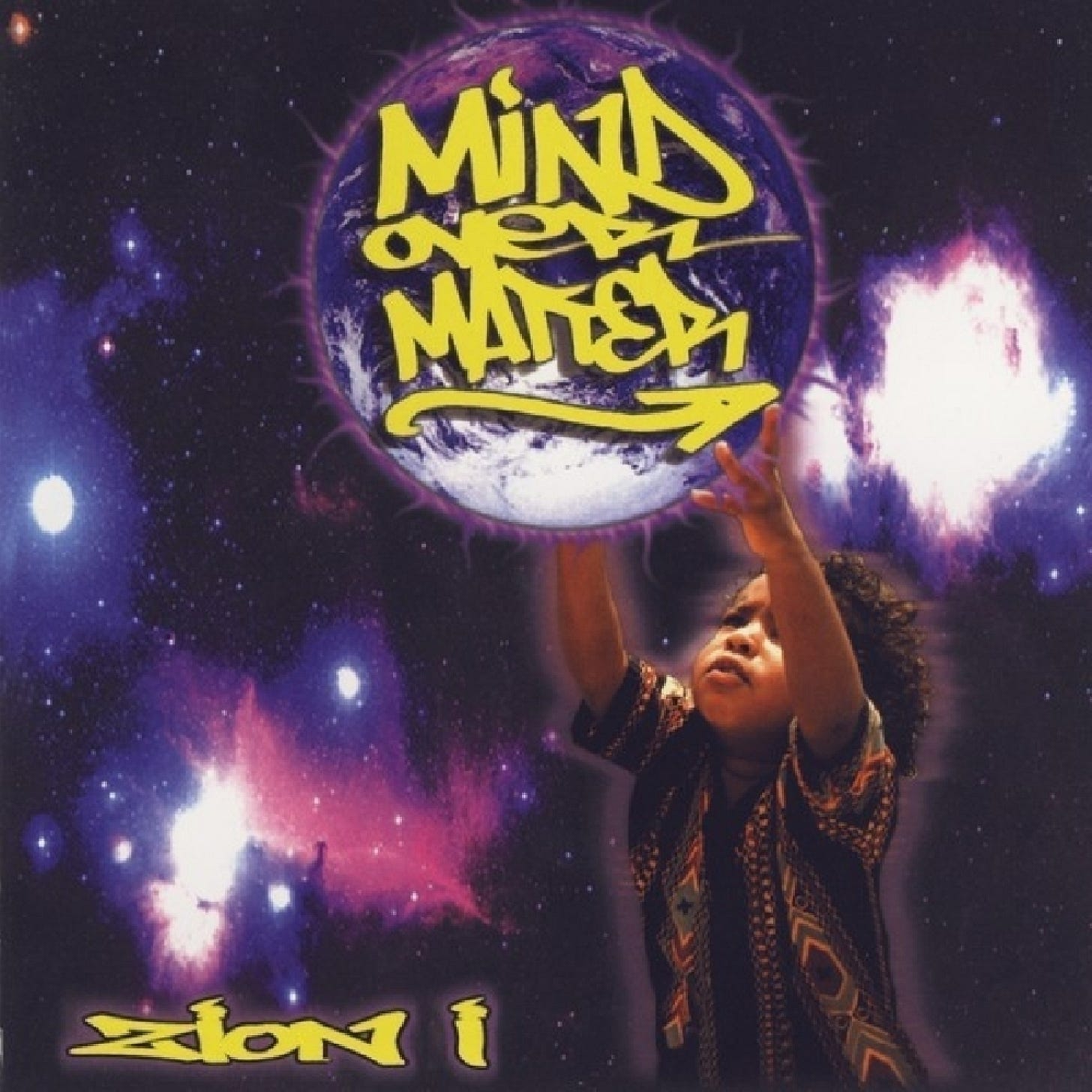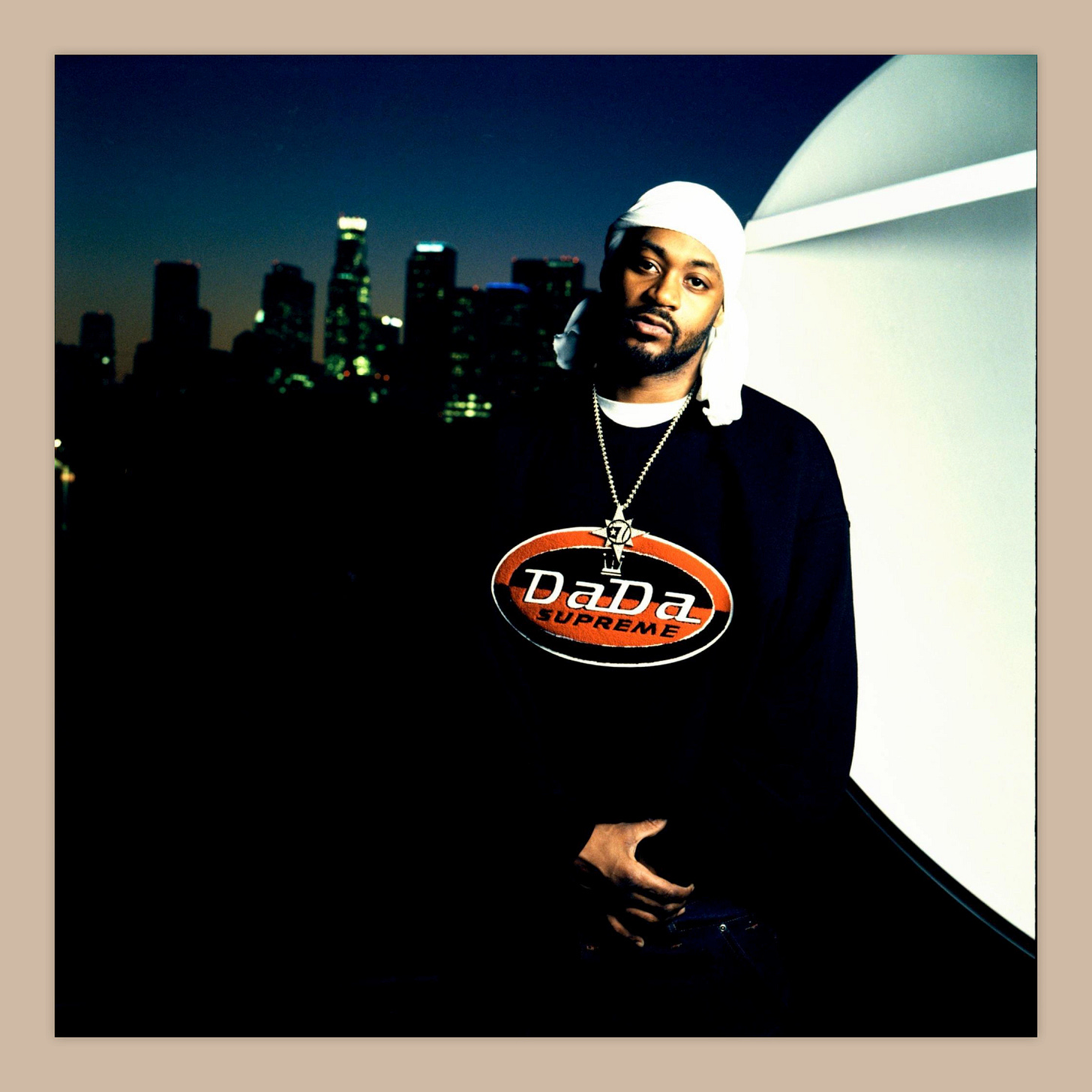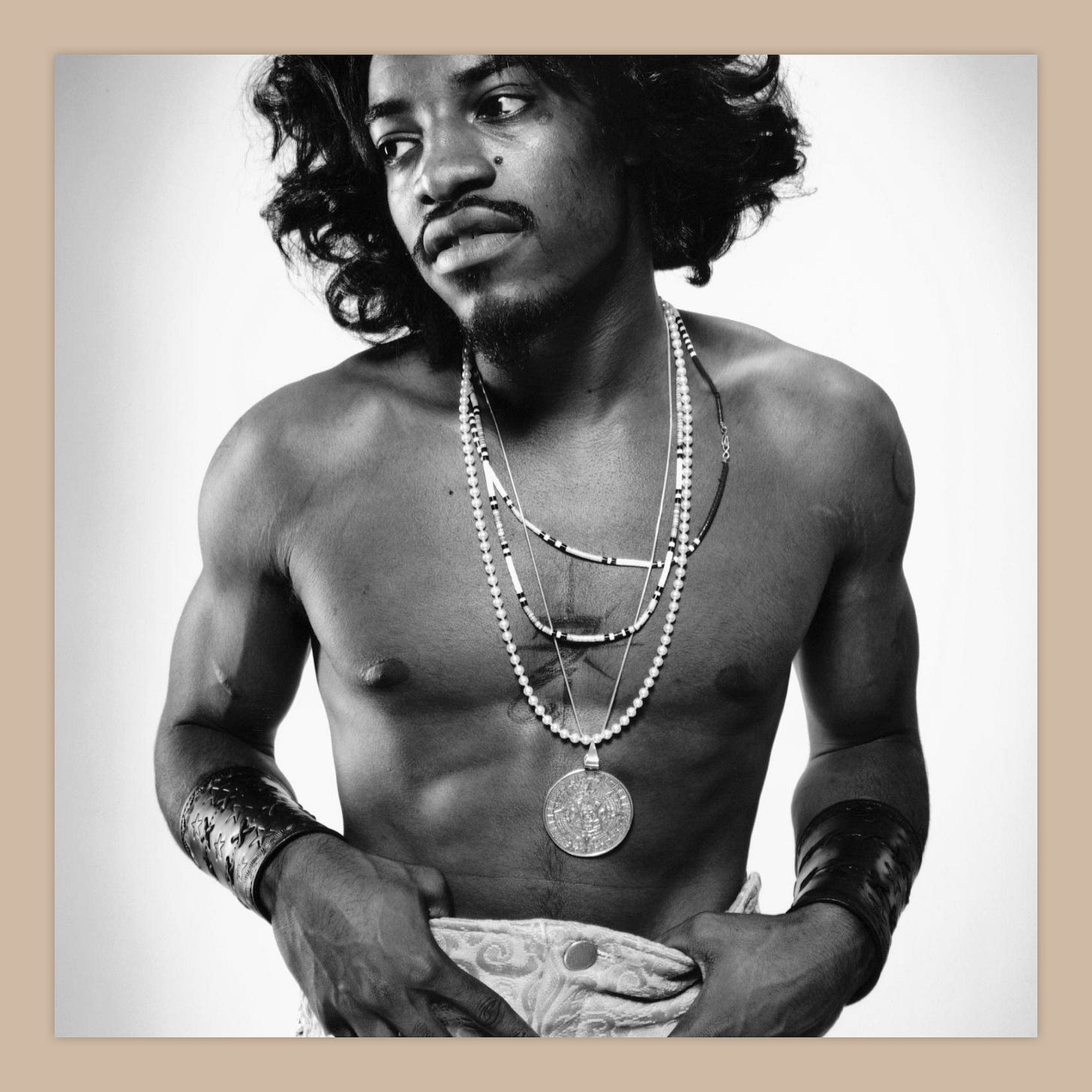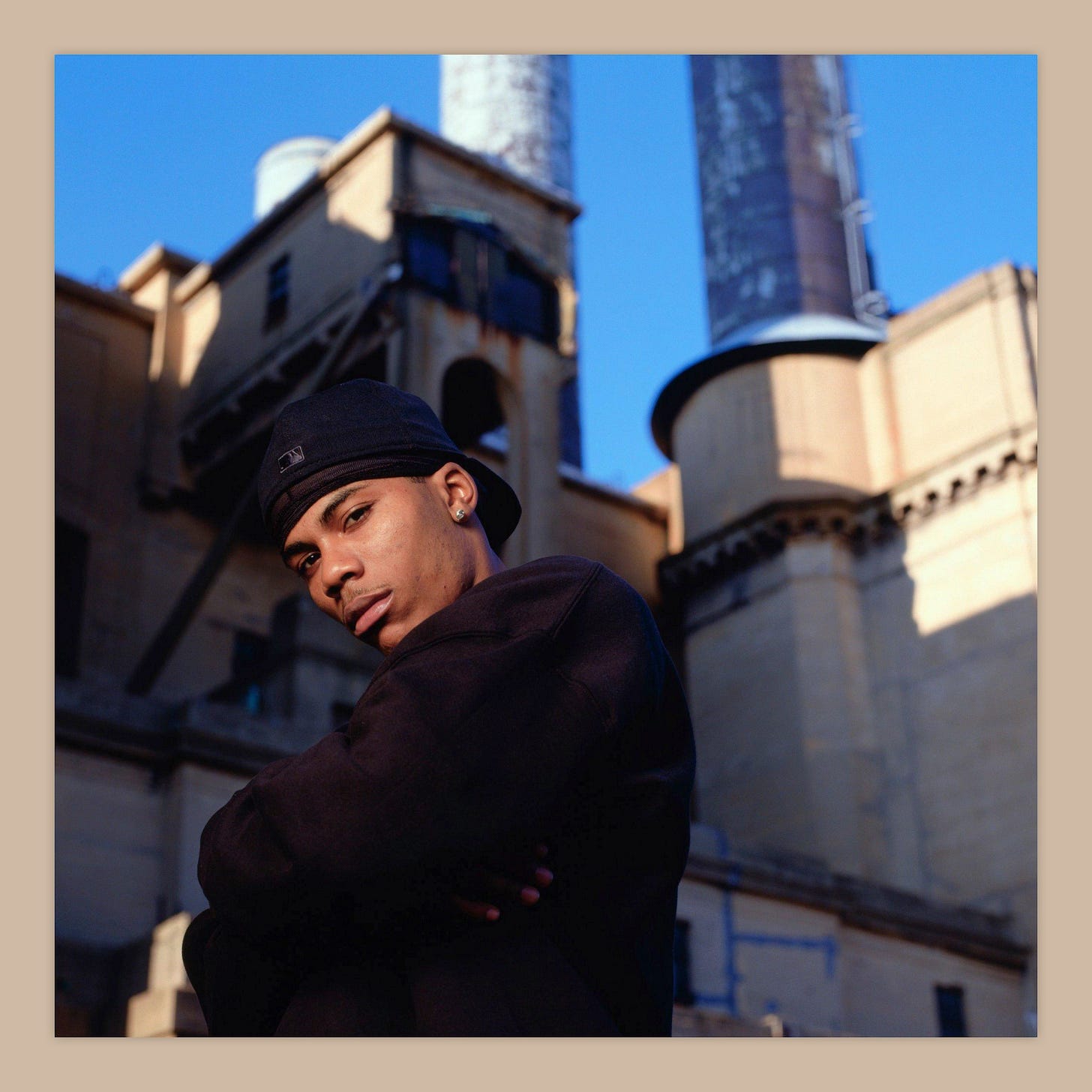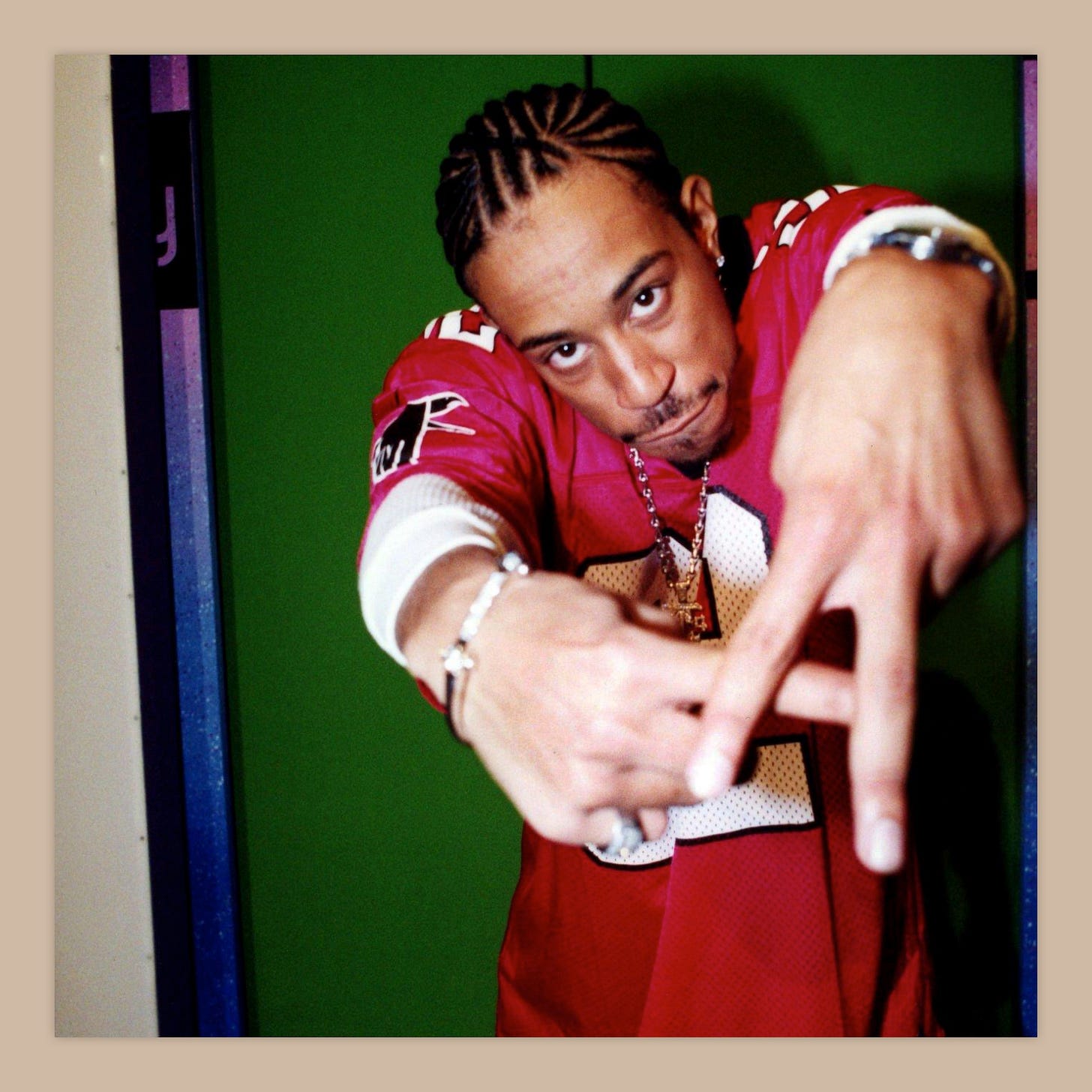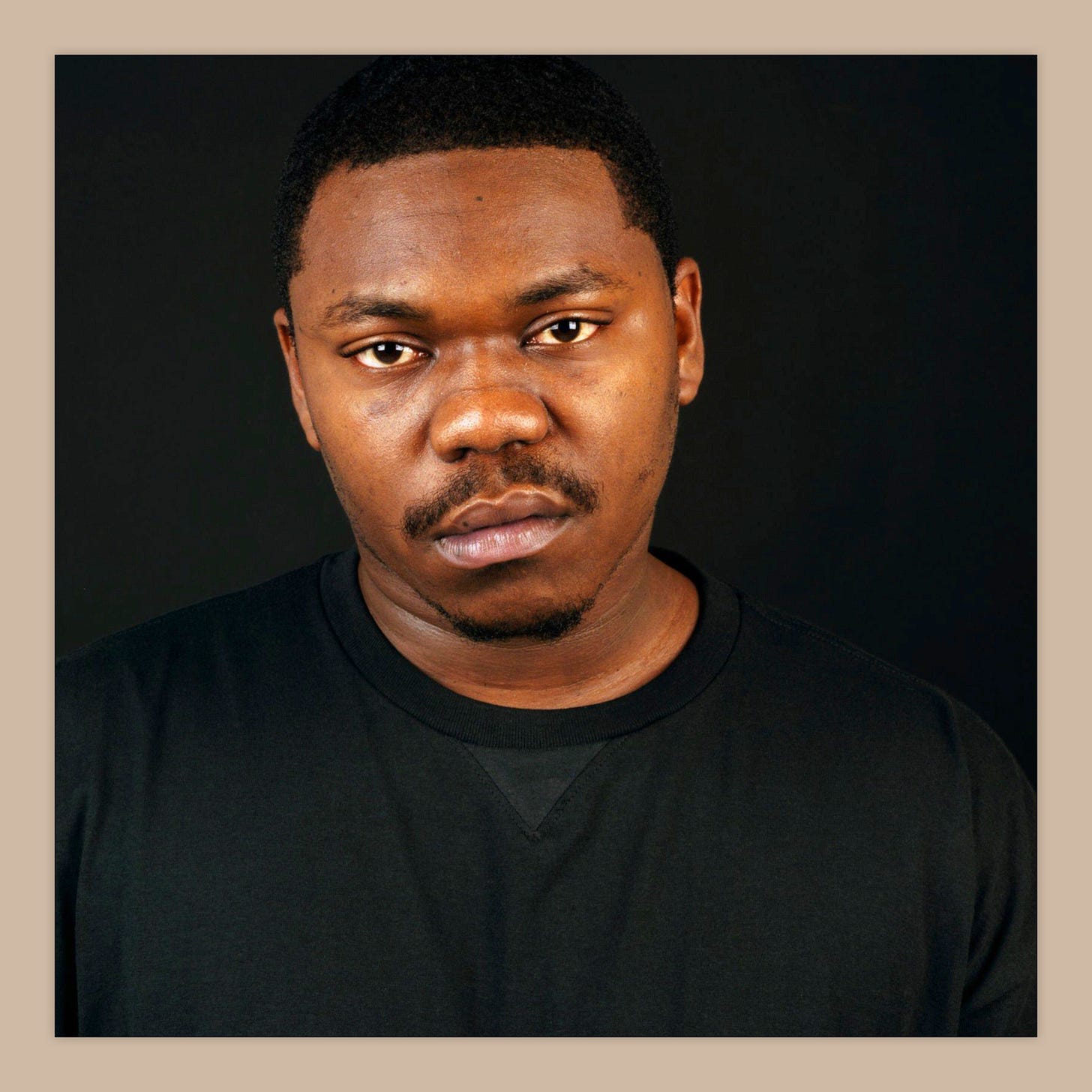2000: The Year the Heartland Revolutionized Hip-Hop
Explore the influence of Detroit, Atlanta, and St. Louis on hip-hop in 2000, as they replaced the traditional coastal powerhouses.
At the turn of the millennium, hip-hop’s center of gravity began shifting away from its traditional coastal capitals of New York and Los Angeles. Over the 1990s, regional contenders like Atlanta, Houston, Chicago, and New Orleans cultivated thriving local scenes. But the genre’s sound remained tethered to the East and West Coasts. That changed in 2000 as hip-hop power decentralized. Three cities between the coasts thrust themselves to the forefront of mainstream hip-hop.
Detroit produced rap’s biggest star in Eminem, who entered 2000 white-hot off his explosive major label debut, The Slim Shady LP. That May, The Marshall Mathers LP shattered records, selling 1.76 million copies in its first week—the fastest-selling rap album ever. As boy bands dominated pop, Eminem stood alone as the best rapper alive and the biggest pop phenomenon. On Em’s heels came an unknown from St. Louis named Nelly. His debut Country Grammar generated two top 10 singles and reached 2x platinum by August. Almost overnight, Nelly displayed rare crossover ability.
Down South, Atlanta cemented itself as the new hip-hop mecca. Five years after André 3000’s iconic Source Awards speech, OutKast finally broke through to mainstream success with Stankonia and its first #1 single, “Ms. Jackson.” Fellow ATL rapper Ludacris emerged that fall with his hit-stuffed major label debut, Back for the First Time. Their run marked the explosion of Atlanta from a regional underdog to the most influential city in hip-hop. By decentralizing from the coasts, hip-hop entered its most fertile creative period, yet in 2000 as new sounds and stars reshaped the landscape.
Certified Classics of 2000
The Marshall Mathers LP — Eminem
Eminem cemented his superstardom on The Marshall Mathers LP, channeling his vitriolic persona and technical dexterity through elaborate narratives controversially targeting celebrities and others, all enhanced by Dr. Dre’s sleek production, with critics praising Eminem’s lyrical and conceptual focus despite ongoing accusations of misogyny and homophobia stemming from his unfiltered shock value.
Supreme Clientele — Ghostface Killah
Supreme Clientele witnessed Ghostface Killah’s evolution as the Wu-Tang Clan’s preeminent storyteller through his vivid stream-of-consciousness narratives and flamboyant slang, rendered with emotional nuance and a cinematic aesthetic, courtesy of RZA’s complementary production, ultimately merging into one of the quintessential Wu-Tang solo albums.
Like Water for Chocolate — Common
On his dynamic breakthrough Like Water for Chocolate, Common actualized his potential as a distinguished socially-conscious MC, ruminating on urban struggles, Black empowerment, and romance through introspective lyrics, conscious themes, and an experimental sonic fusion of hip-hop, funk, and jazz.
Stankonia — OutKast
OutKast harnessed their countercultural energy into Stankonia’s avant-funk bombast and synthesis of eccentric hooks with frank hip-hop lyricism, spearheading alternative rap’s prioritization during hip-hop's mainstream renaissance while critically examining American contradictions.
Country Grammar — Nelly
Country Grammar became a pop-rap juggernaut capitalizing on Nelly’s sing-song charisma and Midwestern roots over buoyant production. It propelled him to fame as it popularized hip-hop across Middle America, foreshadowing the region’s commercial viability.
Essential Albums of 2000
The Dynasty: Roc La Familia — JAY-Z
JAY-Z cemented his elite status alongside Roc-A-Fella associates on the ambitious The Dynasty: Roc La Familia, though its sprawling scope left it viewed as a minor work compared to his classics; decoded lyrical allusions and reserved focus reinforced his technical mastery, but some inconsistent beats and diluted concepts failed to achieve cohesion, making it an intriguing snapshot of early Roc-A-Fella rather than a singular statement. Still, the album deserves a listen.
Back for the First Time — Ludacris
Ludacris’ major label debut, Back for the First Time, launched him to stardom behind his charismatic flow and wicked punchlines, forging slick party rap celebrating hedonism with irreverent humor through polished Dirty South production, with the first two singles became smash hits showcasing his comedic flair and regional authenticity, establishing him as a radio-ready force.
The W — Wu-Tang Clan
The W found Wu-Tang Clan expanding their gritty style into ominous, guitar-laden territory courtesy of RZA’s production evolution, though underrated and overshadowed compared to their first two albums.
When the Smoke Clears — Three 6 Mafia
Three 6 Mafia's abrasive breakthrough album, When the Smoke Clears, cemented their horrorcore pedigree through ruthless lyrical content exploring grim psychodrama, supported by foreboding beats laced with haunting melodies and banging drums crafted by DJ Paul and Juicy J; though niche, it provided the Memphis collective mainstream exposure through uncompromising songs.
The Big Picture — Big L
Released posthumously, Big L’s The Big Picture compiled his virtuosic punchlines and flawless flow into raw portraits of violence and urban struggle, showcasing the elite technical skill that made him a revered underground MC taken too soon. The songs, per usual, highlighted clever wordplay and rhyme patterns that foreshadowed his potential had violence not cut his career short.
The Truth — Beanie Sigel
Beanie Sigel unveiled his husky, laser-focused flow and vivid street narratives on The Truth, his heralded solo debut cementing his status as a core member of the Roc-A-Fella roster and Philadelphia rap scene; his frank emotional tales earned critical acclaim for their nuance and detail, with production from elite beatmakers (Kanye West, Just Blaze, Buckwild, etc.) and JAY-Z himself providing hard, soulful backdrops for his stories.
Unrestricted — Da Brat
The assertive Unrestricted found Chicago veteran Da Brat progressing beyond her early irreverent style into a mature fusion of sensuality and reflection over soulful production; standout tracks showcased honest storytelling and a refined lyrical focus from her Funkdafied days, evolving her image as both a confident feminist and vulnerable artist.
Fantastic, Vol. 2 — Slum Village
Slum Village expanded their neo-soul, sample-based production and loose lyrical interplay on Fantastic Vol. 2, abstractly crafting an influential jazz rap classic. The unforgettable tracks revealed their easygoing chemistry and musicality, proving Slum Village as forerunners of alternative hip-hop.
The Platform — Dilated Peoples
The Platform introduced Dilated Peoples’ cerebral brand of underground rap defined by battle-ready bars, grassroots politics, and DJ Babu’s atmospheric scratches; raw, focused tracks forged a distinctive identity, with Evidence, Iriscience, and Babu forming a potent trio capable of expanding while respecting hip-hop traditions.
Dirty Harriet — Rah Digga
As the lone female Flipmode Squad member, Rah Digga carved her lane on Dirty Harriet as a rugged, rapid-fire lyricist holding her own against East Coast peers with hardcore sensibilities; sparse, menacing production matched her aggressive posture with bangers proved her formidable skills could contend in any cipher.
Balance & Options — DJ Quik
DJ Quik further honed his funky production and intellectual lyricism on the aptly titled Balance & Options, crafting nuanced reflections on fame’s pitfalls and urban volatility; his candid introspection provided a memoir-like glimpse into his maturation and relationships over smoothed-out G-funk instrumentals and vintage breaks.
Let’s Get Free — dead prez
Let's Get Free fused the dead prez’s militant political ideology with hard-edged production, shaping one of conscious rap’s more divisive albums given its radical calls for community empowerment and systemic overthrow; incendiary tracks concluded that revolution was the sole solution, proving too extreme for mainstream embrace but galvanizing their activist niche.
H.N.I.C. — Prodigy
Prodigy’s gritty solo debut H.N.I.C. found the Mobb Deep MC expanding his narratives beyond the confines of Queensbridge into wider street sagas colored by an all-star cast of East Coast rappers and producers; Havoc's cinematic beats suitably complemented Prodigy’s bullet-laced lyrics, while certain features turn reinforced his standing among New York’s elite.
Warriorz — M.O.P.
The rowdy duo M.O.P. honed their menacing sound on Warriorz, forging relentless grimly cinematic anthems driven by Lil Fame and Billy Danze's abrasive lyrical grit, and proved them capable of crossover appeal without compromising their threatening core appeal.
S.D.E. — Cam’ron
Cam’ron’s slick sophomore effort, S.D.E., heralded him as an energetic presence on Epic Records’ roster before his eventual rise to fame on Roc-A-Fella; though more restrained than later work, his inventive wordplay and frank hustler portraits over soulful production marked him as an emerging talent headed for stardom.
Float — Aesop Rock
Experimental rapper Aesop Rock exhibited verbose abstraction and existential unease on his next effort, Float, forging a singular brand of underground hip-hop rich with dense poetic language and enigmatic sketches; while challenging, the LP proved his lyrical gift, establishing a cerebral alternative to mainstream conventions.
The Unseen — Quasimoto
On The Unseen, producer Madlib unveiled his helium-voiced Quasimoto alter ego, forging an oddly psychedelic underground rap opus rich in esoteric references and off-kilter humor; the lo-fi production and warped lyrics created a unique vibe within the alternative scene, expanding perceptions of traditional hip-hop boundaries.
Da Baddest B***h — Trina
Trina cemented her provocative persona on Da Baddest B***h with frank, empowered sexuality and slick Miami bass production courtesy of frequent collaborator Trick Daddy; club tracks proved her skills on the mic equally matched her raunchy image, forging a new mold for feminine power in the male-dominated South.
Train of Thought — Reflection Eternal
Talib Kweli and Hi-Tek’s intricate rhymes and beats collided on their rich debut as Reflection Eternal, Train of Thought, ringing forth masterful underground rap in raw form. The songs proved them a potent pairing, showcasing lyrical talent and musical chemistry destined for creative longevity.
Deltron 3030 — Deltron 3030
Science fiction and hip-hop merged on Deltron 3030’s hyper-literate concept album following Del tha Funkee Homosapien’s cosmic journey with producer Dan the Automator’s cinematic soundtrack; dense parables exploring dystopian technology and interstellar travel wove mysterious epics brimming with futuristic slang and underground talent.
D.I.T.C. — D.I.T.C.
Underground rap supergroup D.I.T.C. coalesced years of individual hustle into their eponymous full-length debut, flaunting impeccable craft and scratches across verses from seasoned Bronx veterans, with lyrics steeped in street knowledge and sample-based beats; the album forged classic New York hip-hop without chart chasing, showcasing raw golden age fundamentals.
Violent by Design — Jedi Mind Tricks
The rugged Violent by Design fused Jedi Mind Tricks’ battle-ready flows and gruff vocals with sinister, orchestral production courtesy of Stoupe the Enemy of Mankind; equal parts gladiatorial bravado and existential philosophy, and the group proved they are skilled storytellers with conceptual depth.
Quality Control — Jurassic 5
Jurassic 5 revived old-school hip-hop on their joyous debut Quality Control, weaving tight harmonies and harmless battle rhymes provided by Cut Chemist, DJ Nu-Mark, and Shafiq Husayn; a nostalgic yet innovative, it scored the group’s success even as it faithfully recreated retro aesthetics.
Masters of the Universe — Binary Star
The obscure hip-hop odyssey Masters of the Universe established Binary Star as unsung legends of Michigan’s underground scene through Trackezoids’s soulful production and their cerebral, positive-minded raps; However, overlooked, the songs listing proved the duo's range from socio-political analysis to verbal skill showcases.
Question in the Form of an Answer — People Under the Stairs
People Under the Stairs, Question in the Form of an Answer: Underground duo People Under the Stairs combined golden age tropes and irreverent wit on their sample-heavy debut Question in the Form of an Answer. They exhibited an infectious love of hip-hop heritage through jazz loops and laidback rhymes.
Mind Over Matter — Zion I
Carson-based duo Zion I forged socially-conscious hip-hop with positive themes of self-actualization on their accomplished indie debut Mind Over Matter. They balanced bohemian spirituality with lyrical talent, proving underground rap could uplift without sacrificing artistic merit.
Pinnacle Rappers in 2000
Eminem
The Marshall Mathers LP cemented Eminem as hip-hop’s preeminent provocateur, wielding his vitriolic shock rap persona and technical skill through elaborate narratives that courted controversy. He tackled celebrities, family, and critics with juvenile humor, verbal abuse, and introspection. For better or worse, Eminem expanded hip-hop’s boundaries through sheer creative abandon, his skills overpowering moral objections. The Marshall Mathers LP confirmed his singular talent, making him rap’s most unpredictable superstar.
Ghostface Killah
On Supreme Clientele, Ghostface Killah evolved into the Wu-Tang Clan’s preeminent storyteller, regaling cryptic stream-of-consciousness narratives steeped in obscure slang. His flamboyant phrasing and emotional depth brought cinematic richness to his visceral tales. Supreme Clientele witnessed Ghostface’s style blossom through vocal experimentation and conceptual focus, earning widespread acclaim. His idiosyncratic lyrical gift reached new heights, burnishing his legacy as an essential Wu-Tang voice.
André 3000
With the fourth album Stankonia, André 3000 cemented himself as hip-hop’s most adventurous avant-gardist, flaunting an eccentric, melody-driven delivery over OutKast’s bombastic funk fusion. His frank ruminations on technology and intimacy brought poignant humanity to the album’s social commentary. André 3000 harnessed his distinctive artistry into resonant messages, guiding hip-hop toward its experimental frontier. His innovation expanded perceptions of traditional boundaries, shaping the iconoclastic OutKast aesthetic.
Breakout Stars of 2000
Nelly
Country Grammar catapulted Nelly to fame behind sing-song charisma and Midwestern roots, tailor-made for hip-hop’s pop crossover. His chart-topping debut album brought St. Louis swagger to Middle America, foreshadowing the region’s commercial viability. Nelly flourished equally among rap fans and pop crowds by fusing melodic hooks with slick rap skills. Country Grammar heralded him as hip-hop's newest icon, capitalizing on his broad appeal to widen the audience. Nelly proved hip-hop could thrive in unexpected places, becoming an unlikely superstar.
Ludacris
Back for the First Time marked Ludacris’ emergence as hip-hop's most irreverent new force, unleashing comedic punchlines, and charismatic Southern flow. His major label debut boasted various slick party rap production, ideal backdrops for his witty hedonism. “What's Your Fantasy” propelled his lovable loudmouth persona into the mainstream. Ludacris’ flair for humor finally found widespread appeal after years as an Atlanta cult artist. His bulletproof charisma justified the hype, making him the South’s newest crossover star.
Beanie Sigel
As a core member of Roc-A-Fella, Beanie Sigel unveiled rugged narratives and focused street lyricism on his heralded debut, The Truth. His mastery of detail reinforced narratives with emotional honesty and nuance over soulful production. Songs captured urban volatility from his Philadelphia stomping grounds with lived-in authenticity. The Truth proved his potential for resonant stories beyond tough talk. Beanie Sigel’s emergence added heavyweight credibility to JAY-Z’s expanding empire, signaling bigger plans. His blunt style won acclaim for baring hardship without sentimentality or moralizing.


